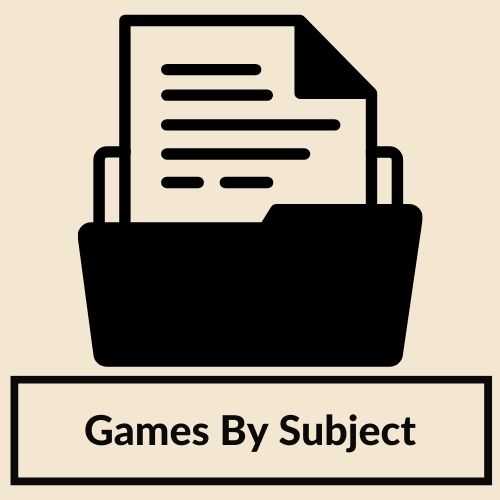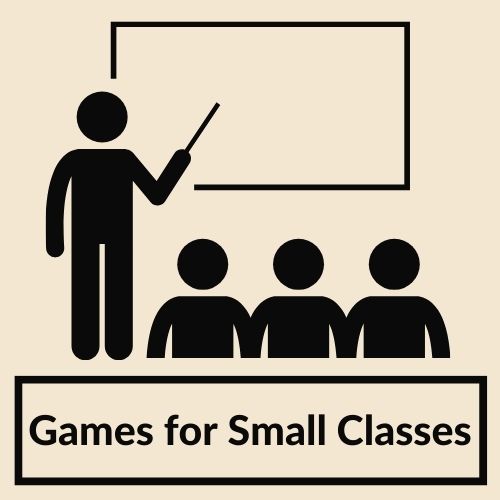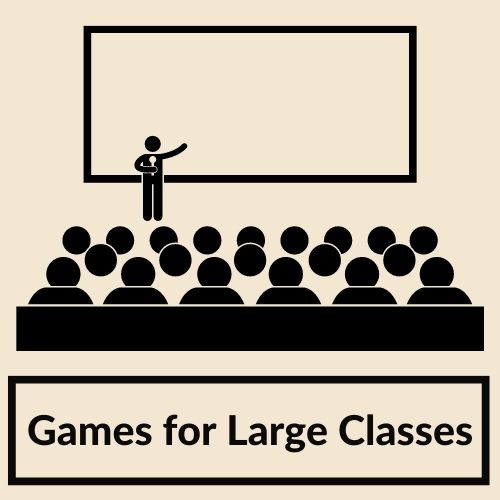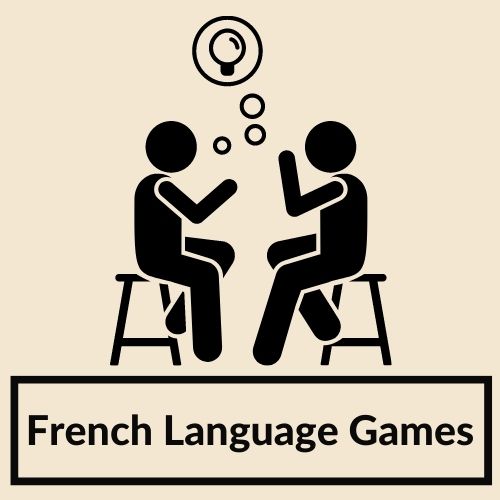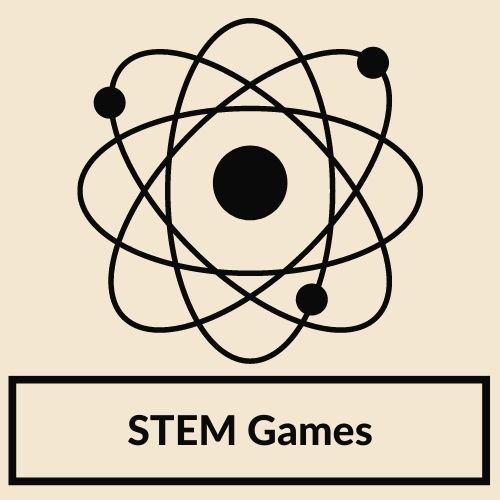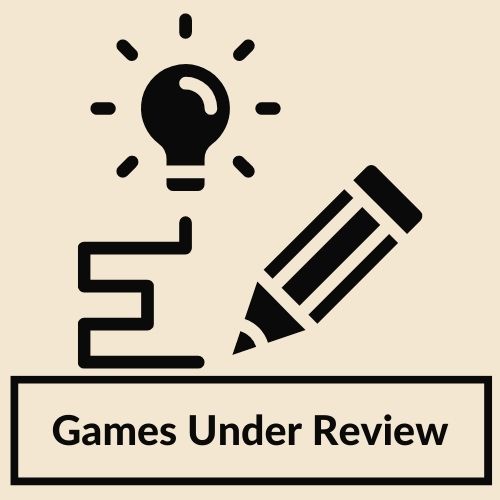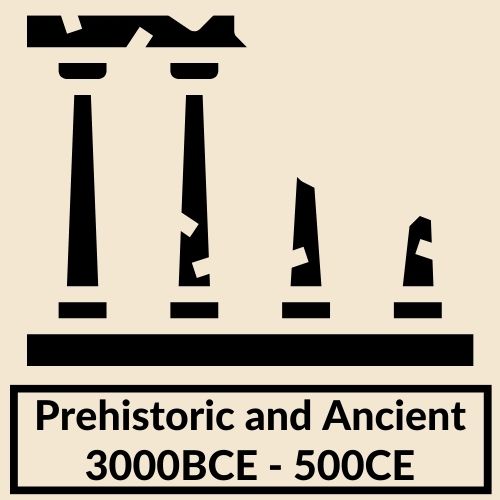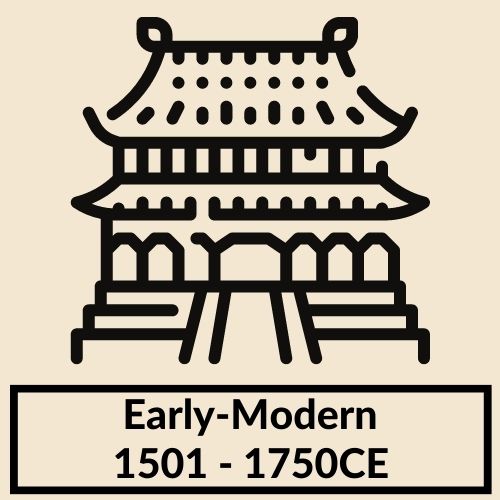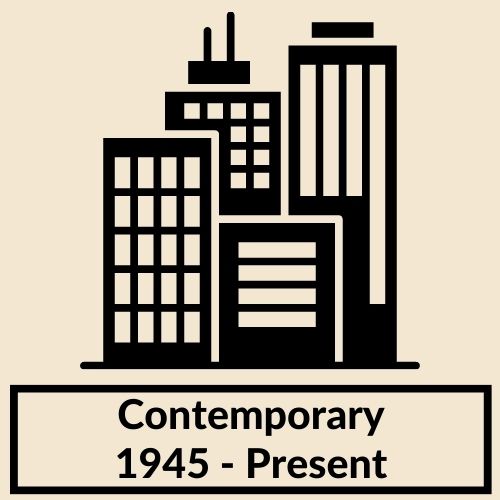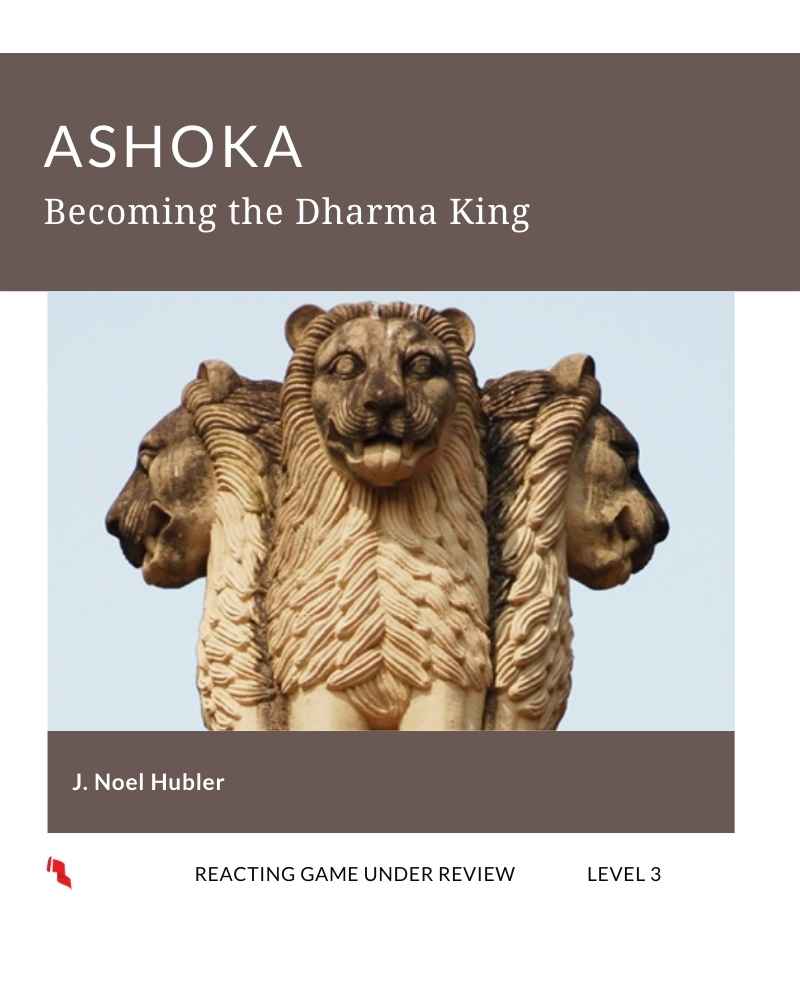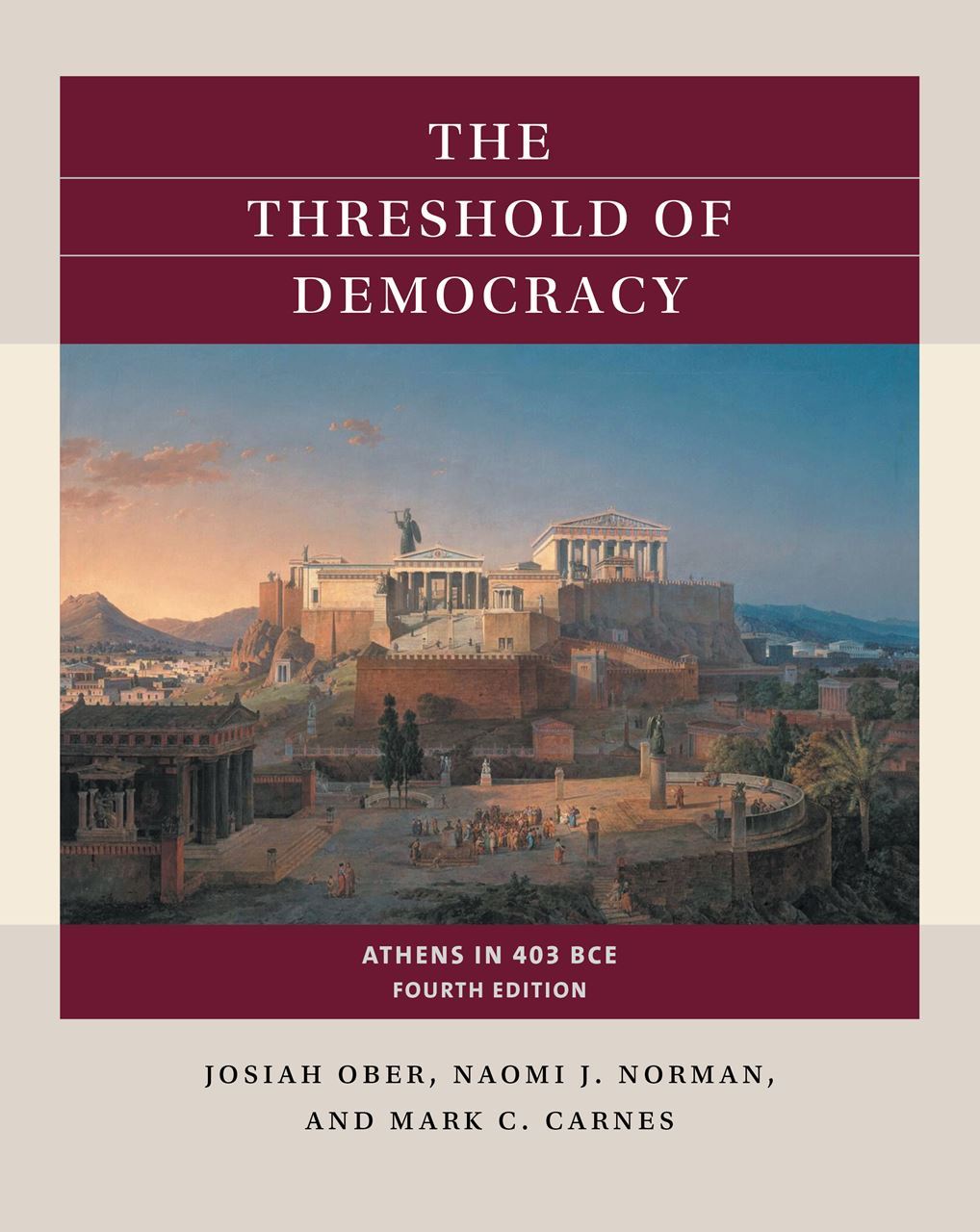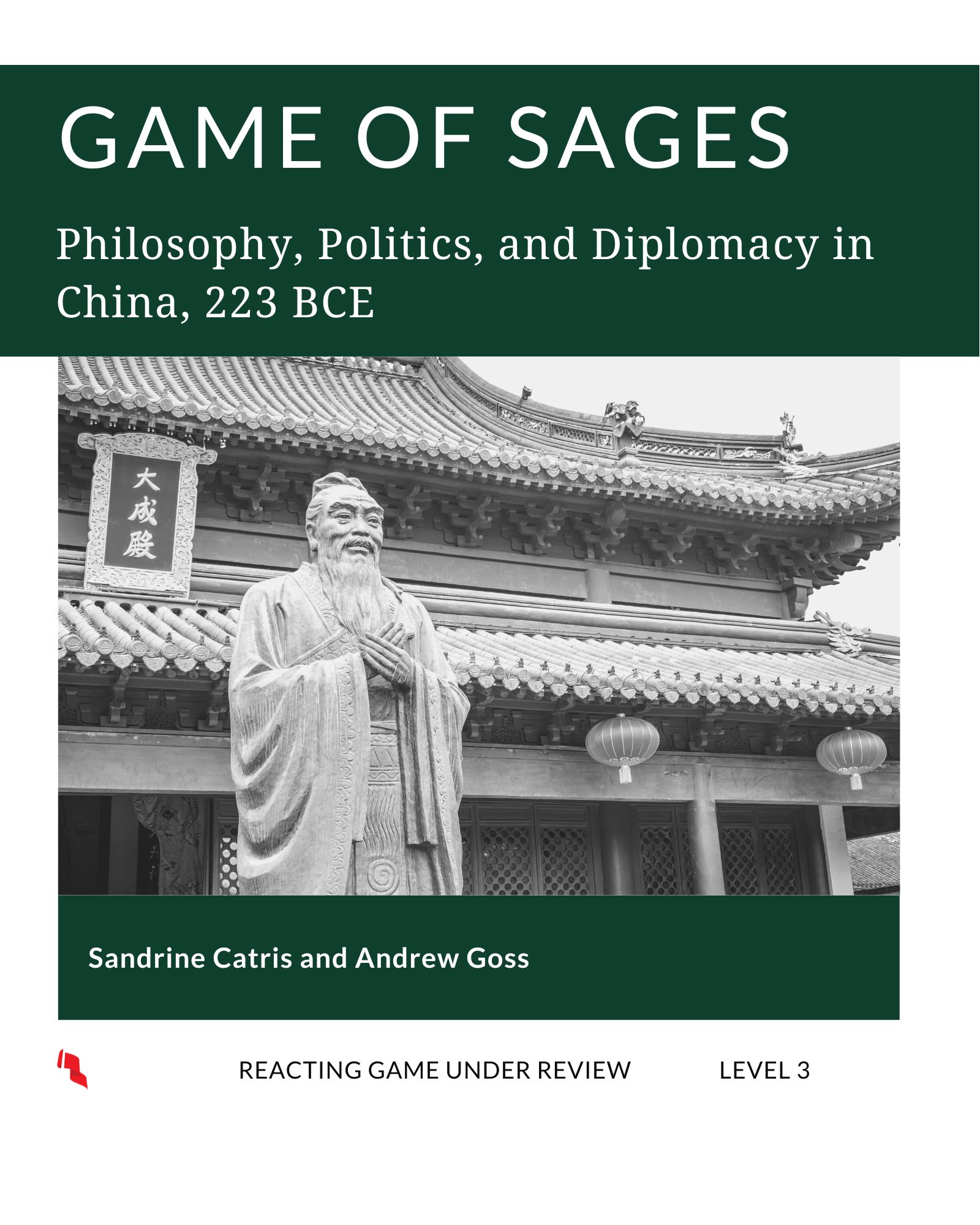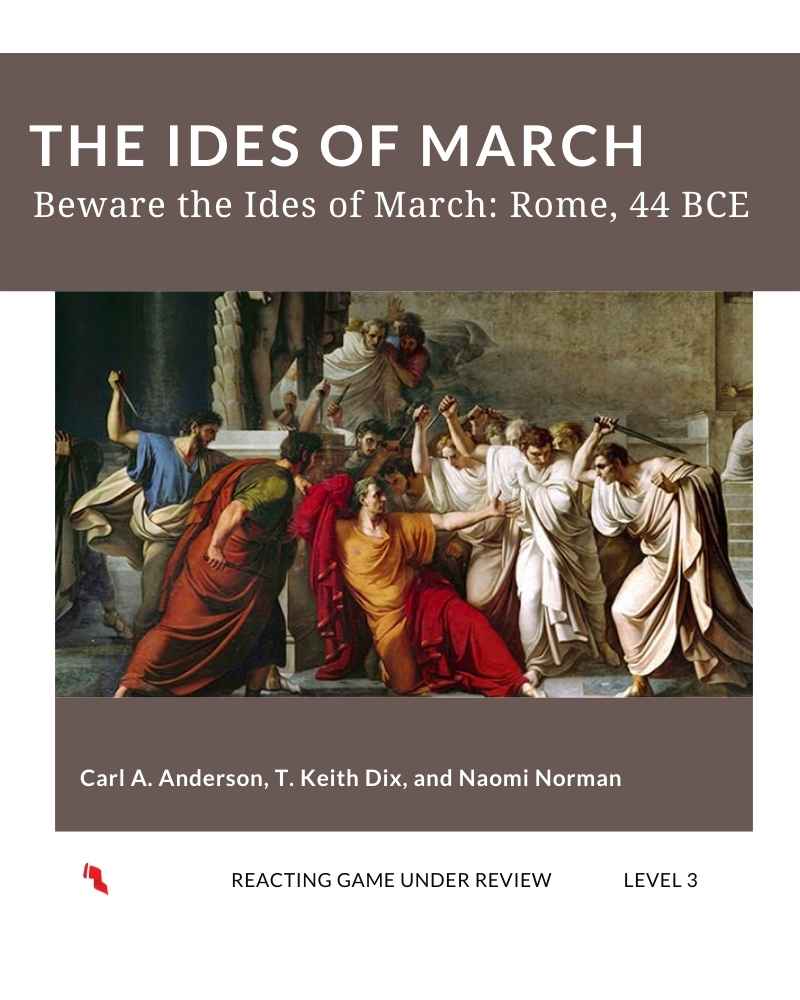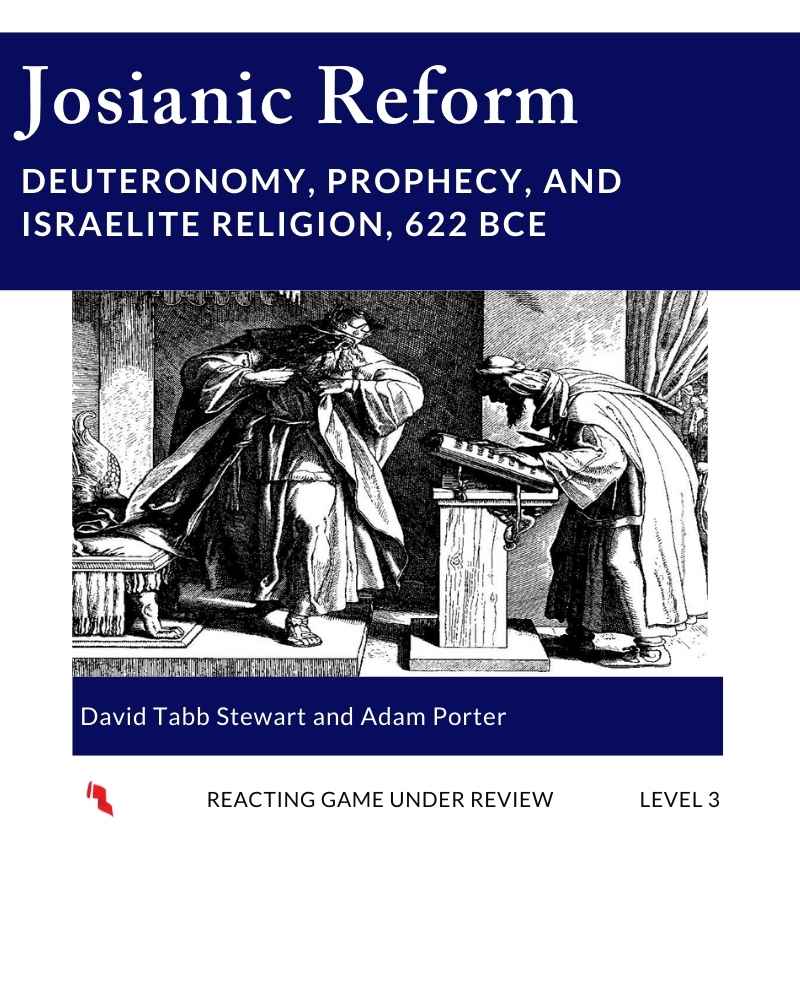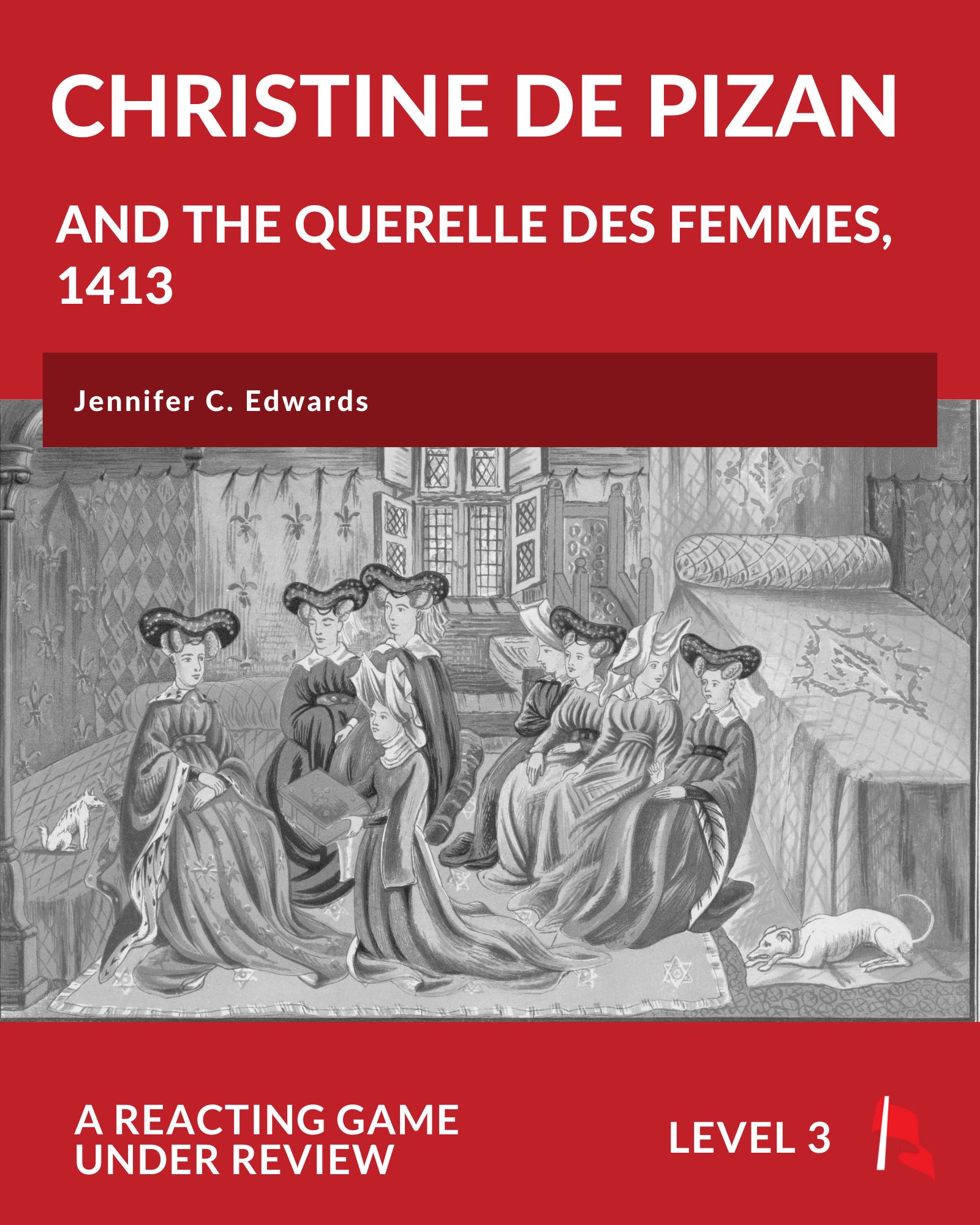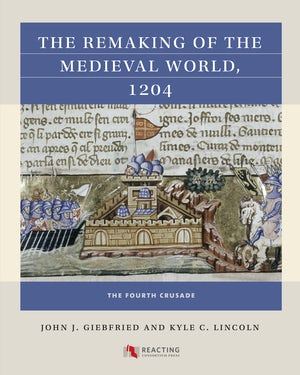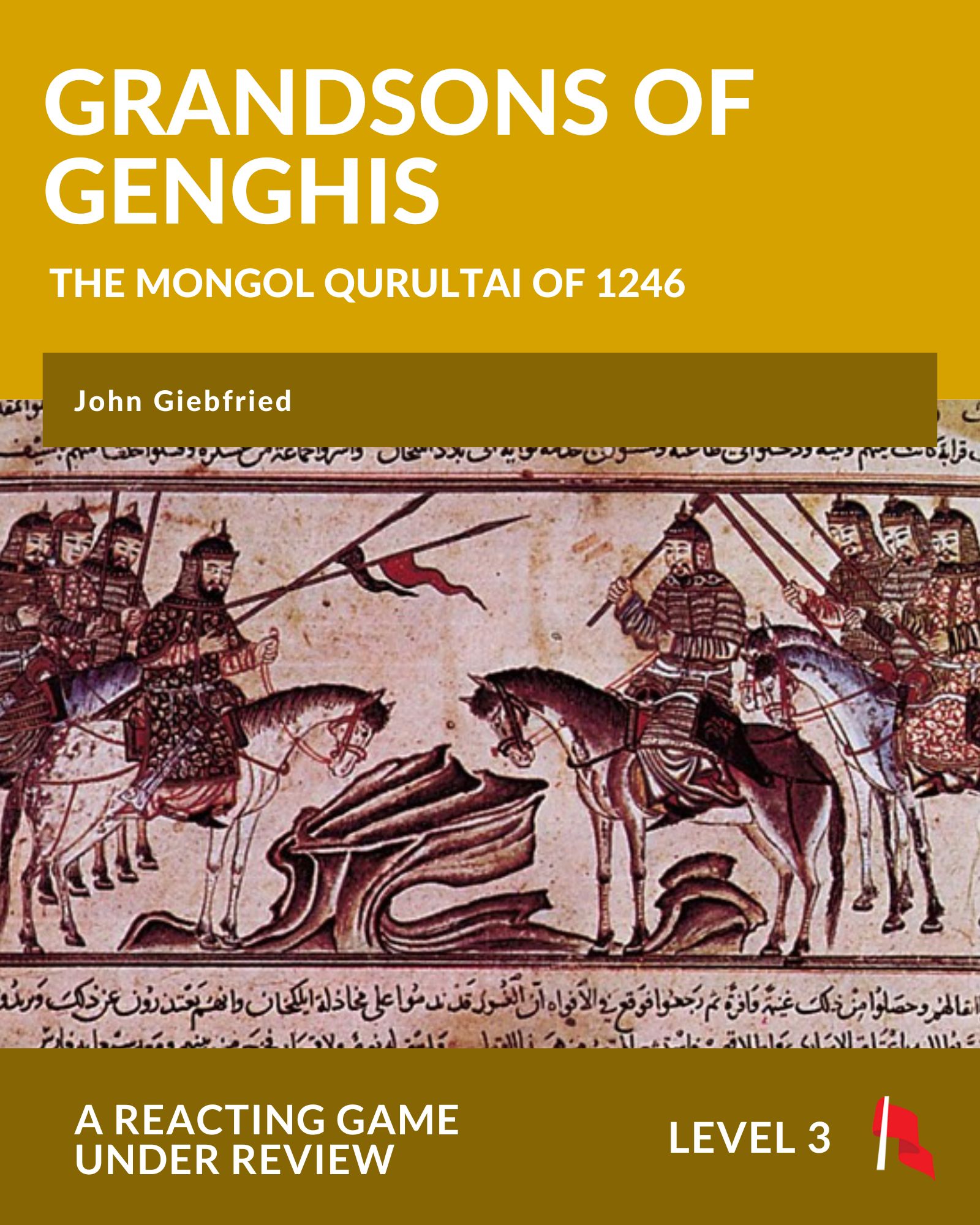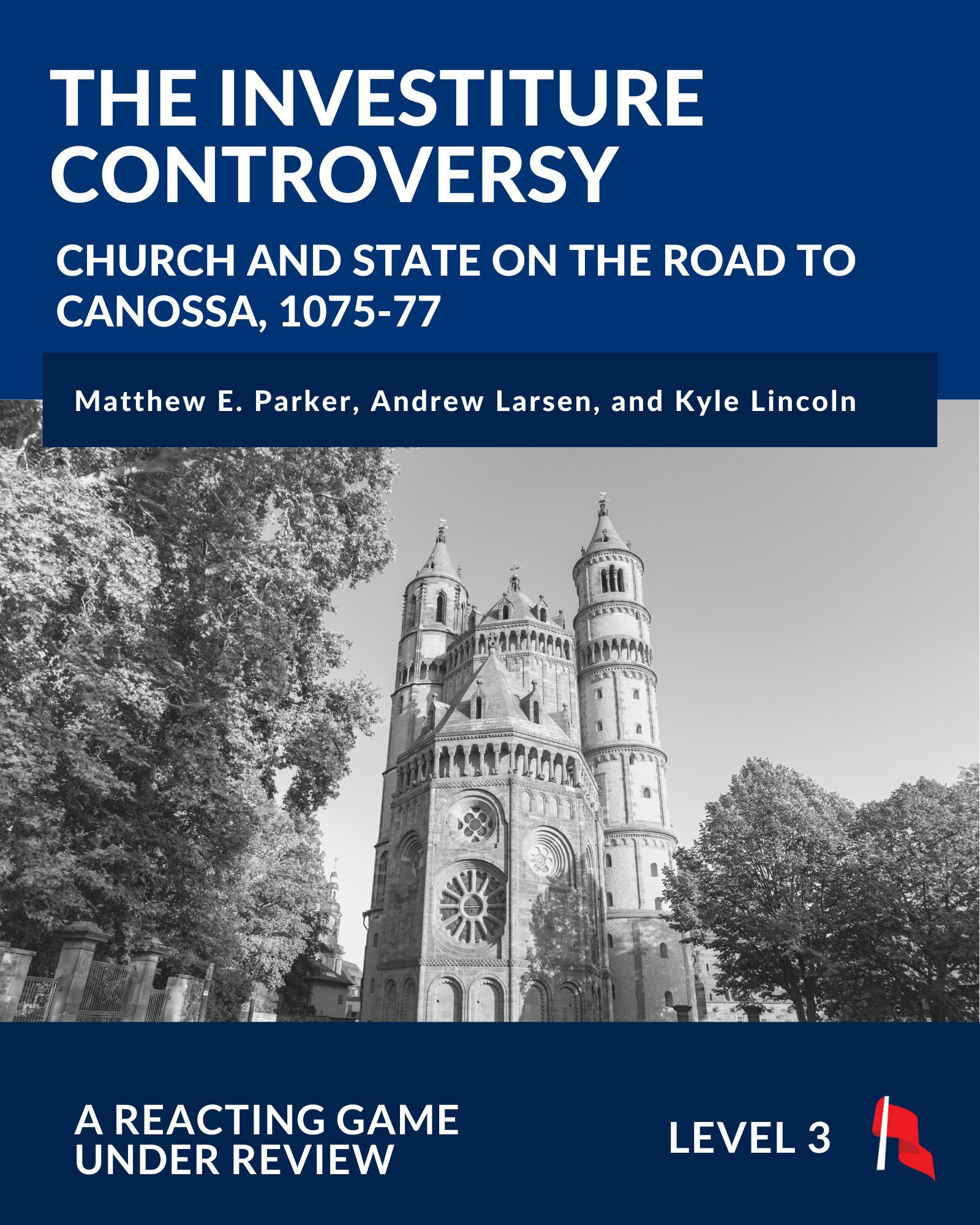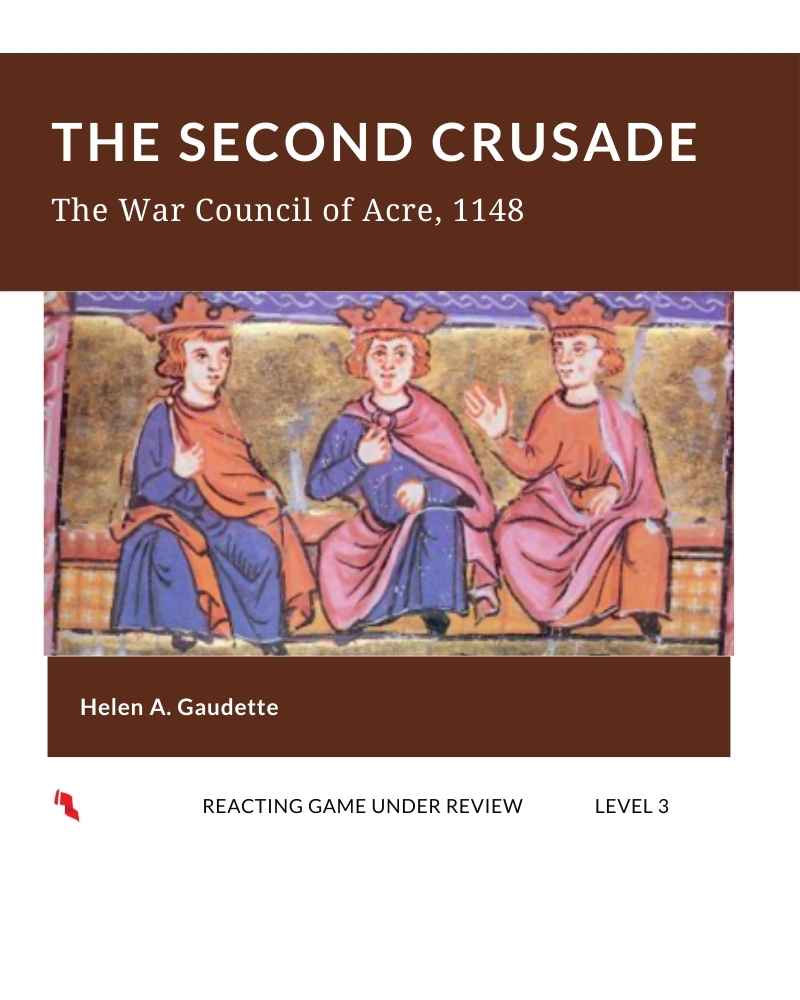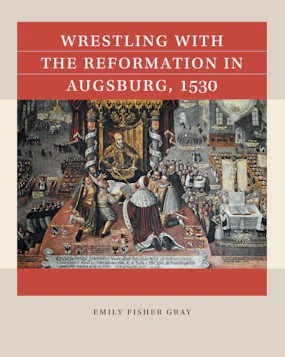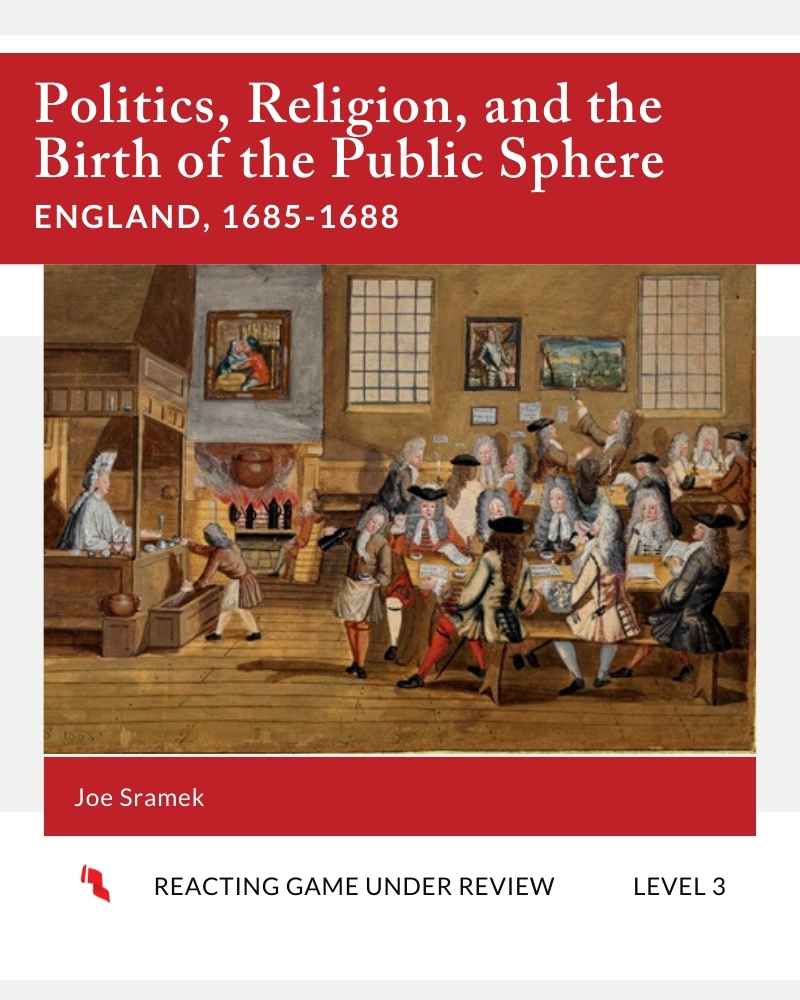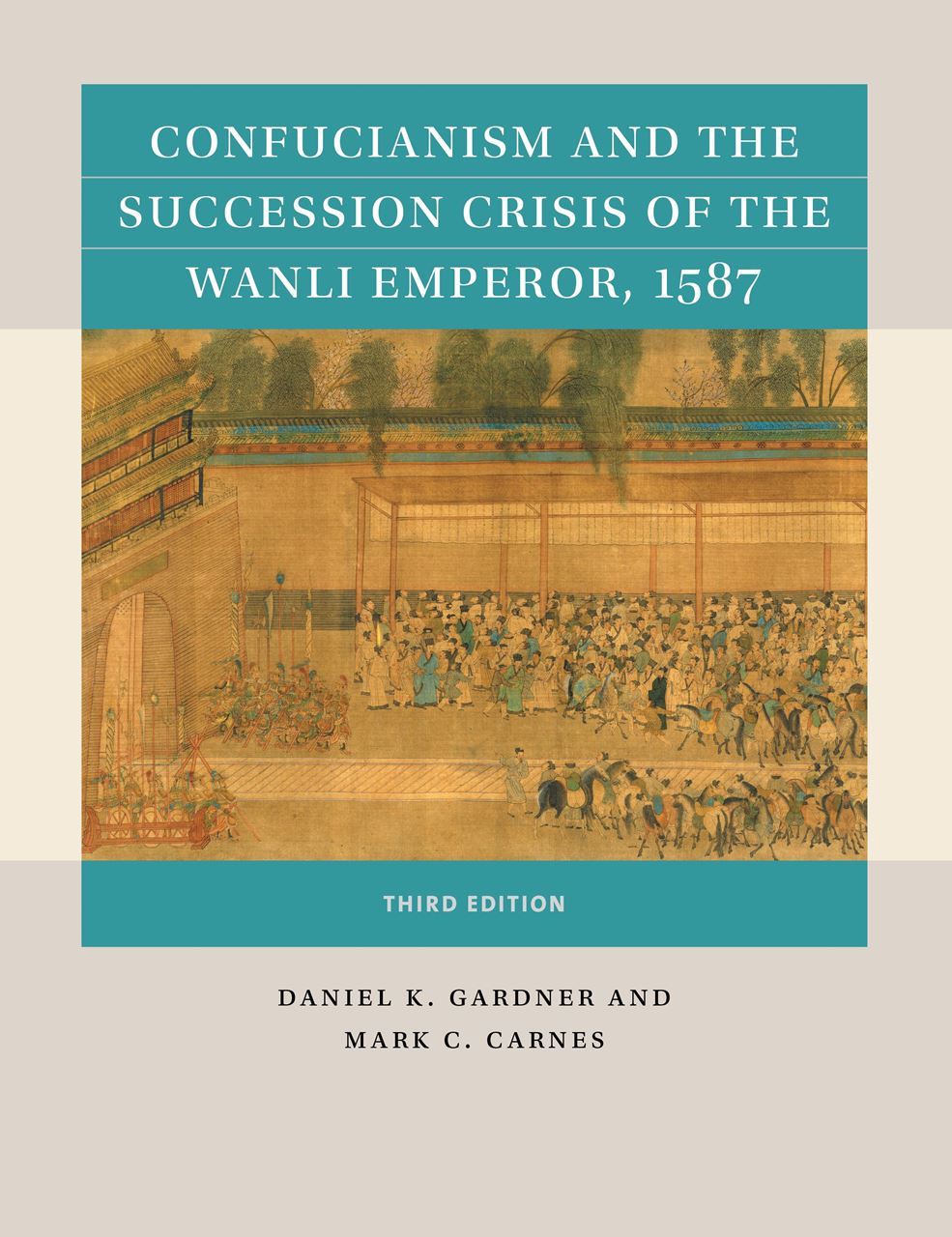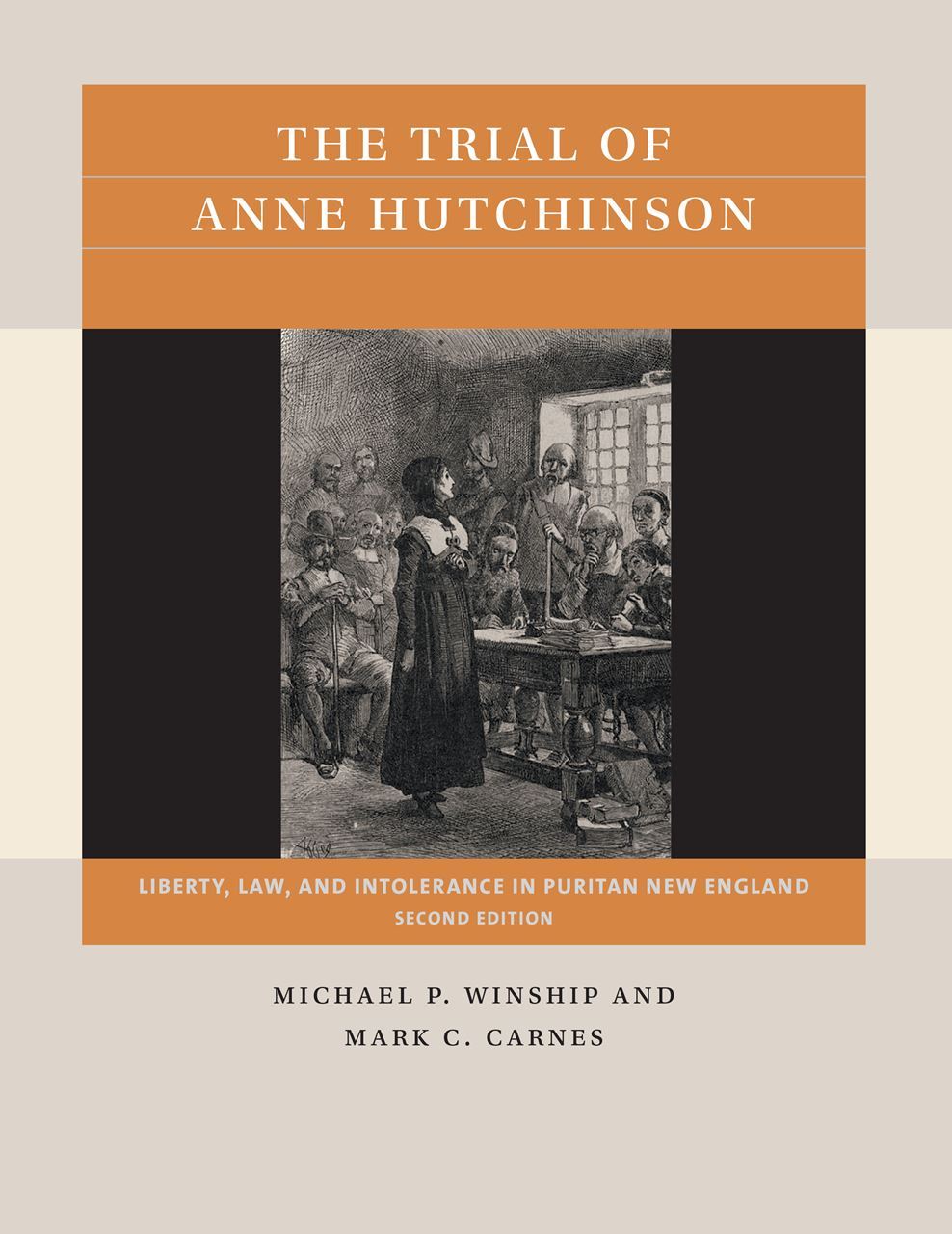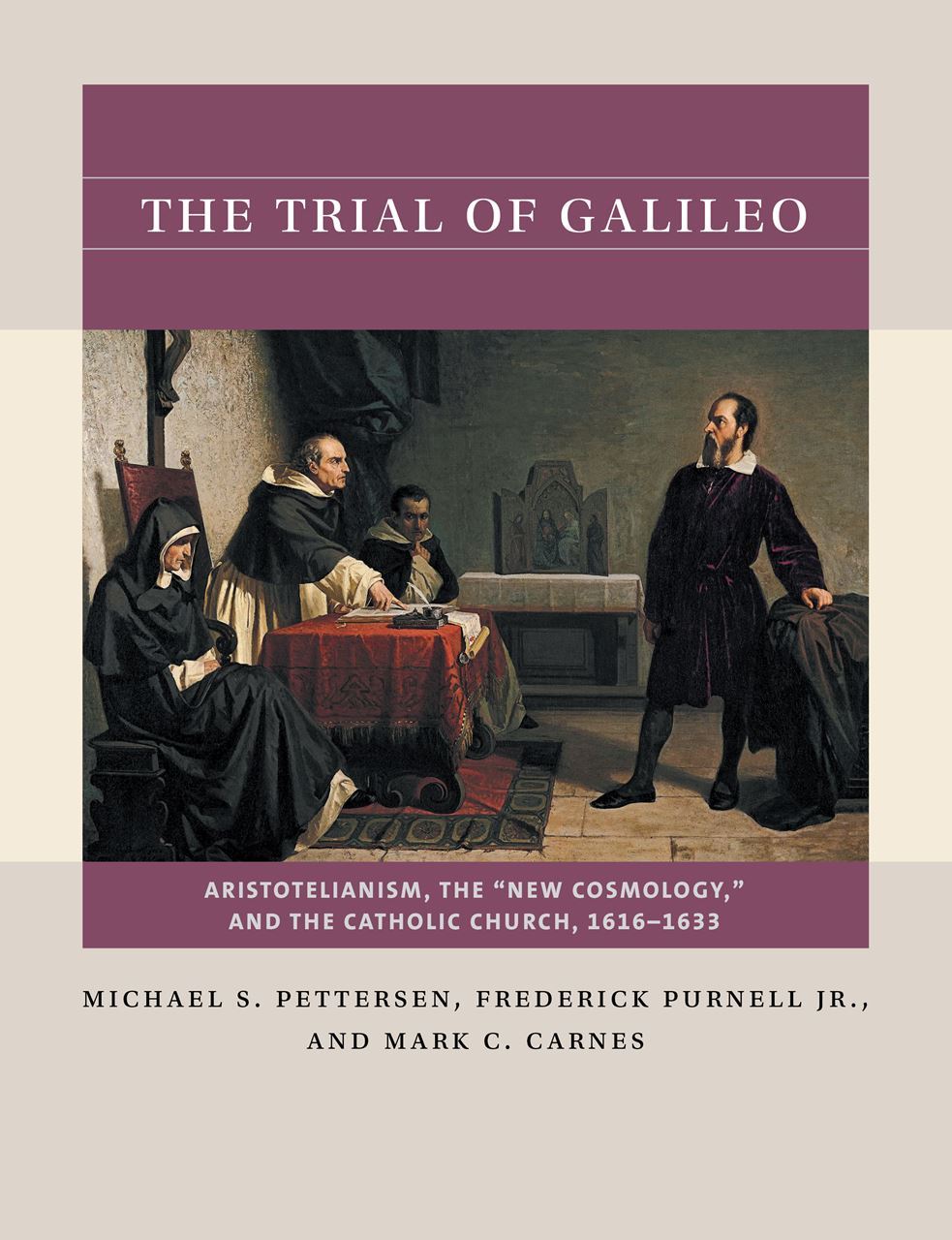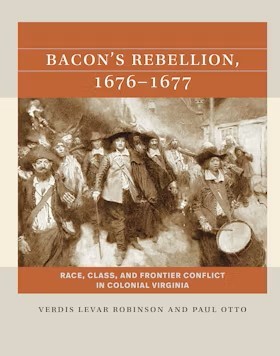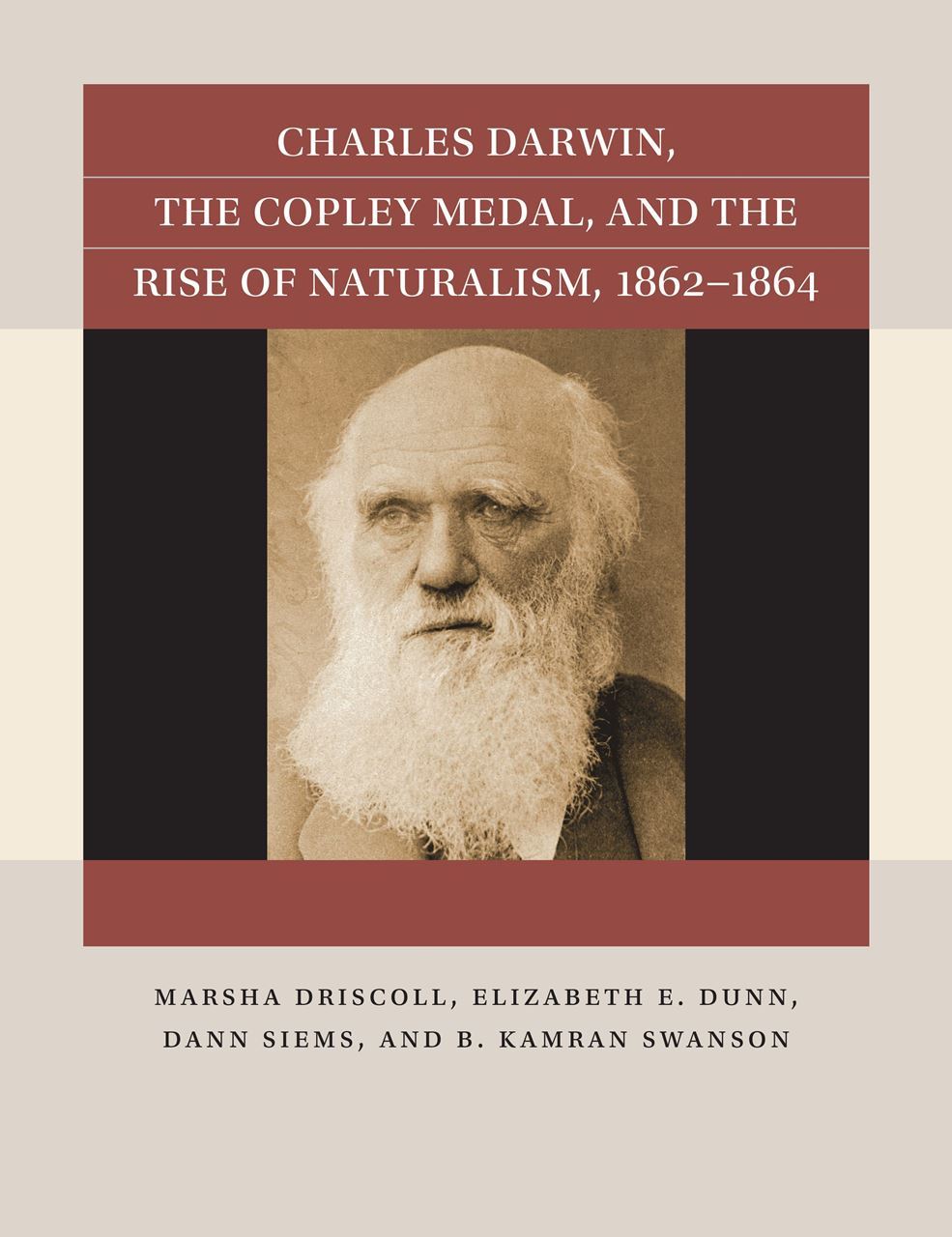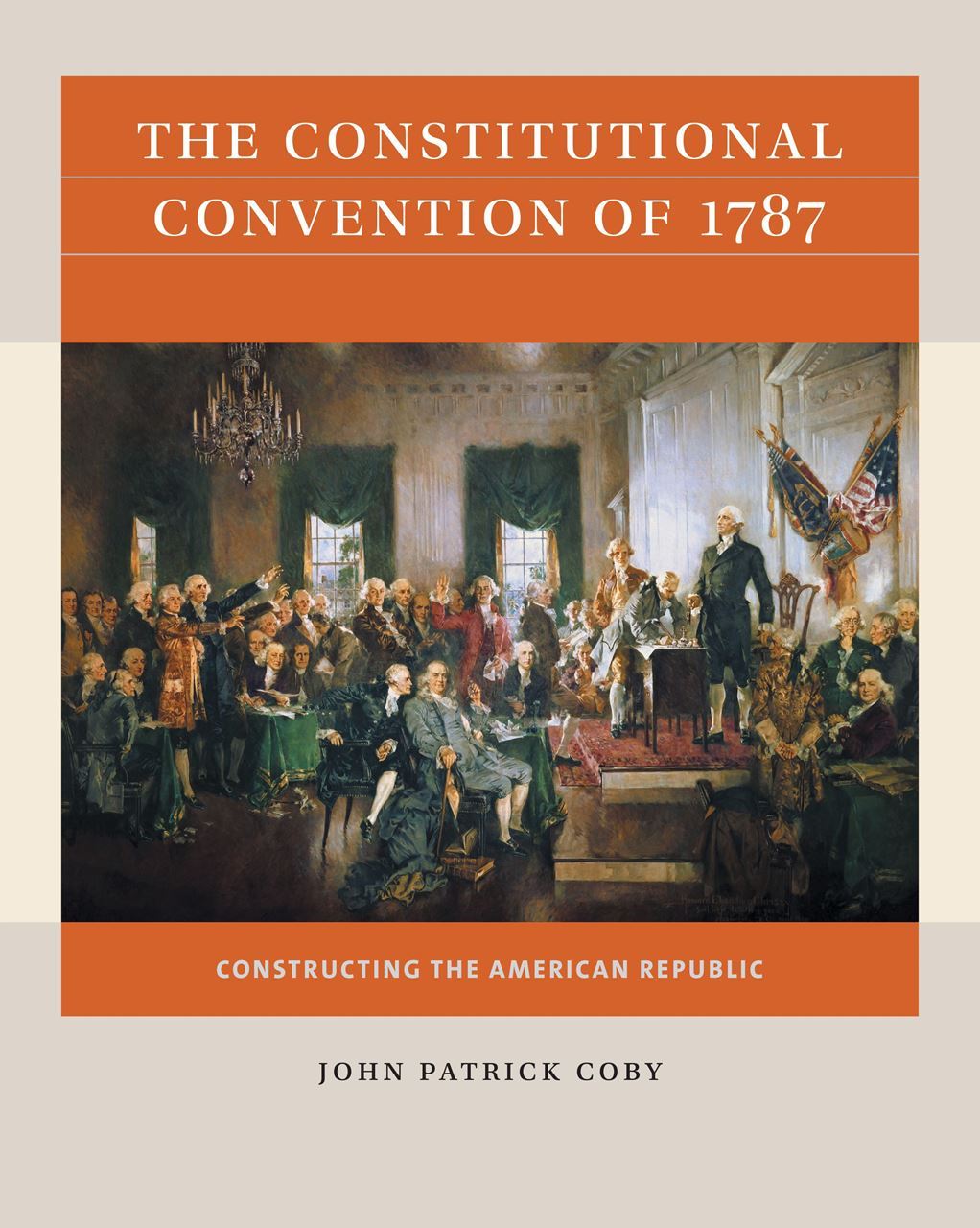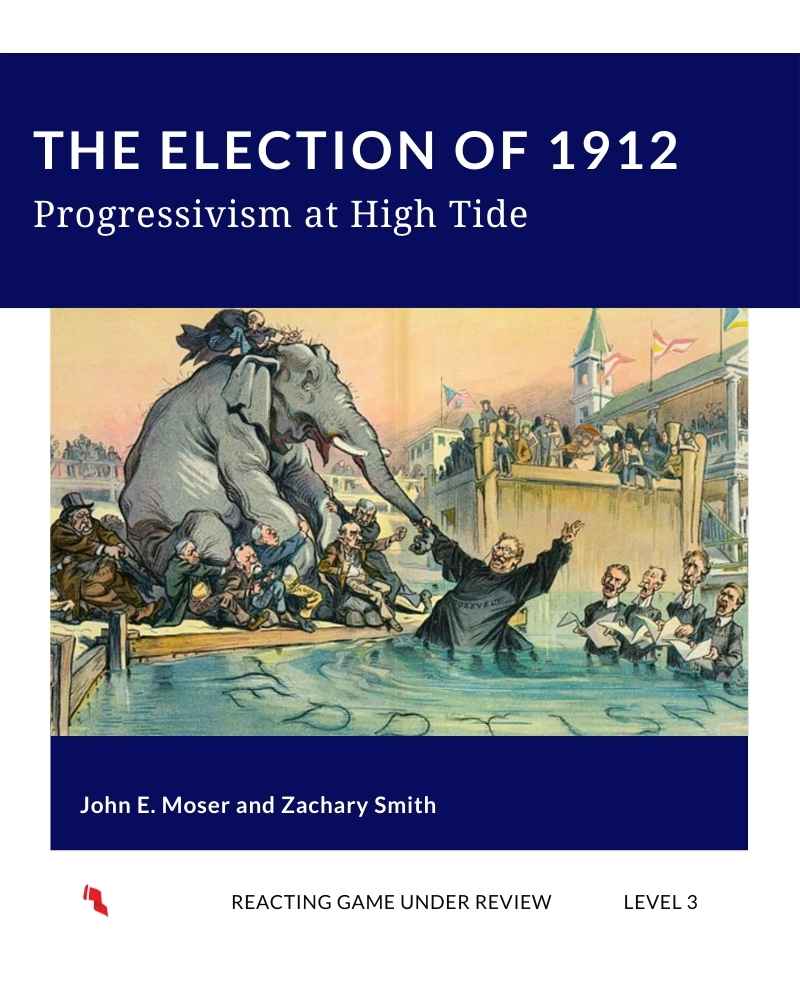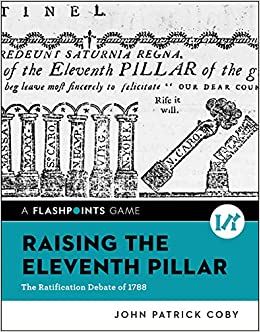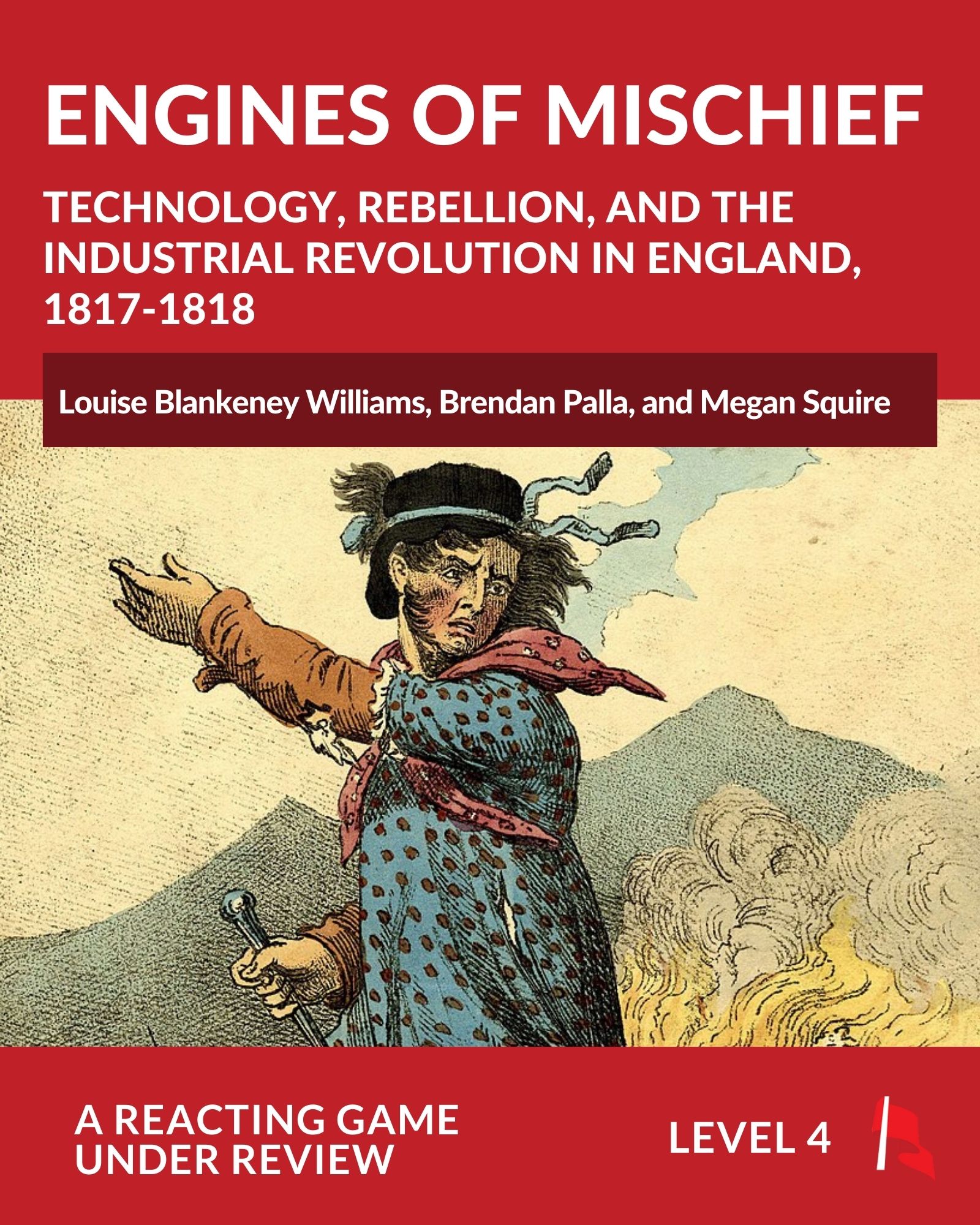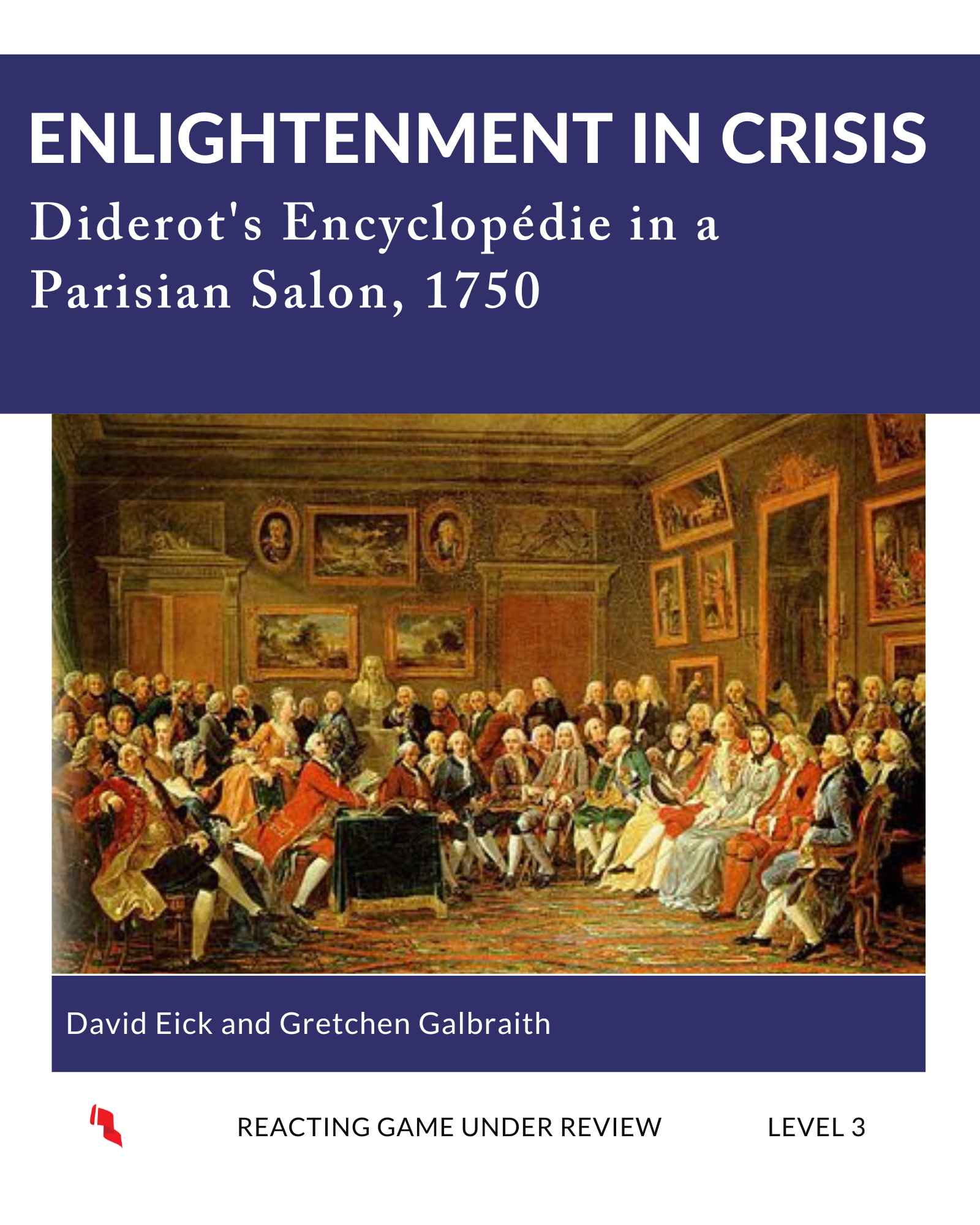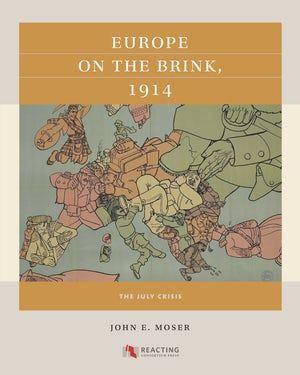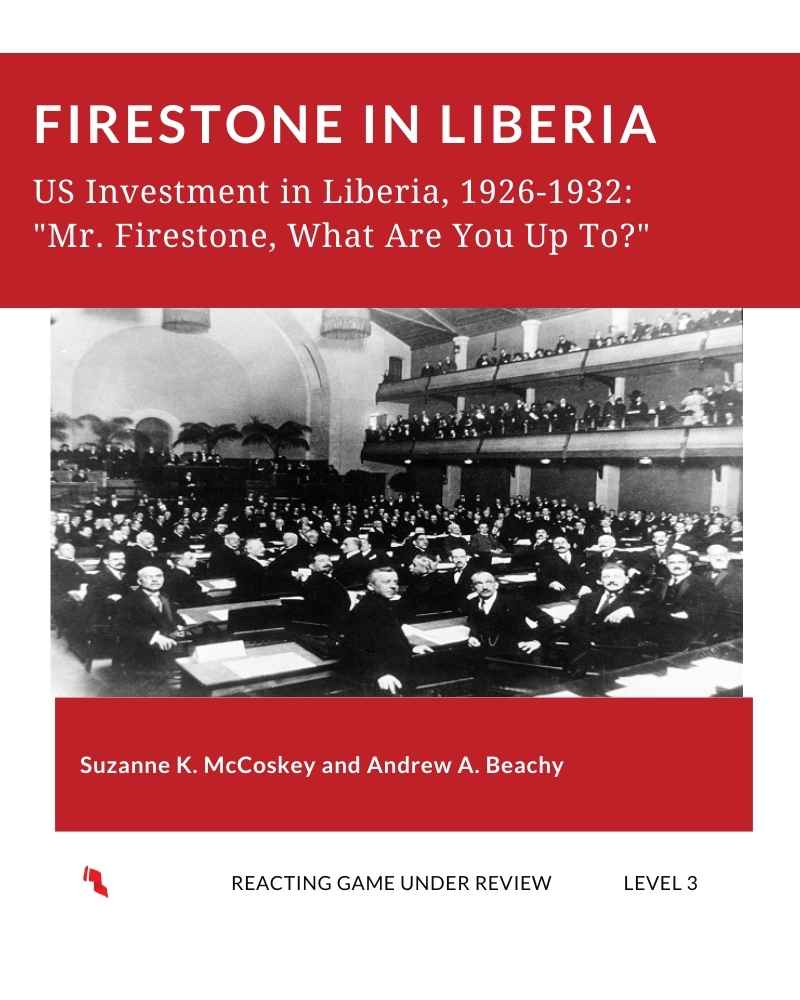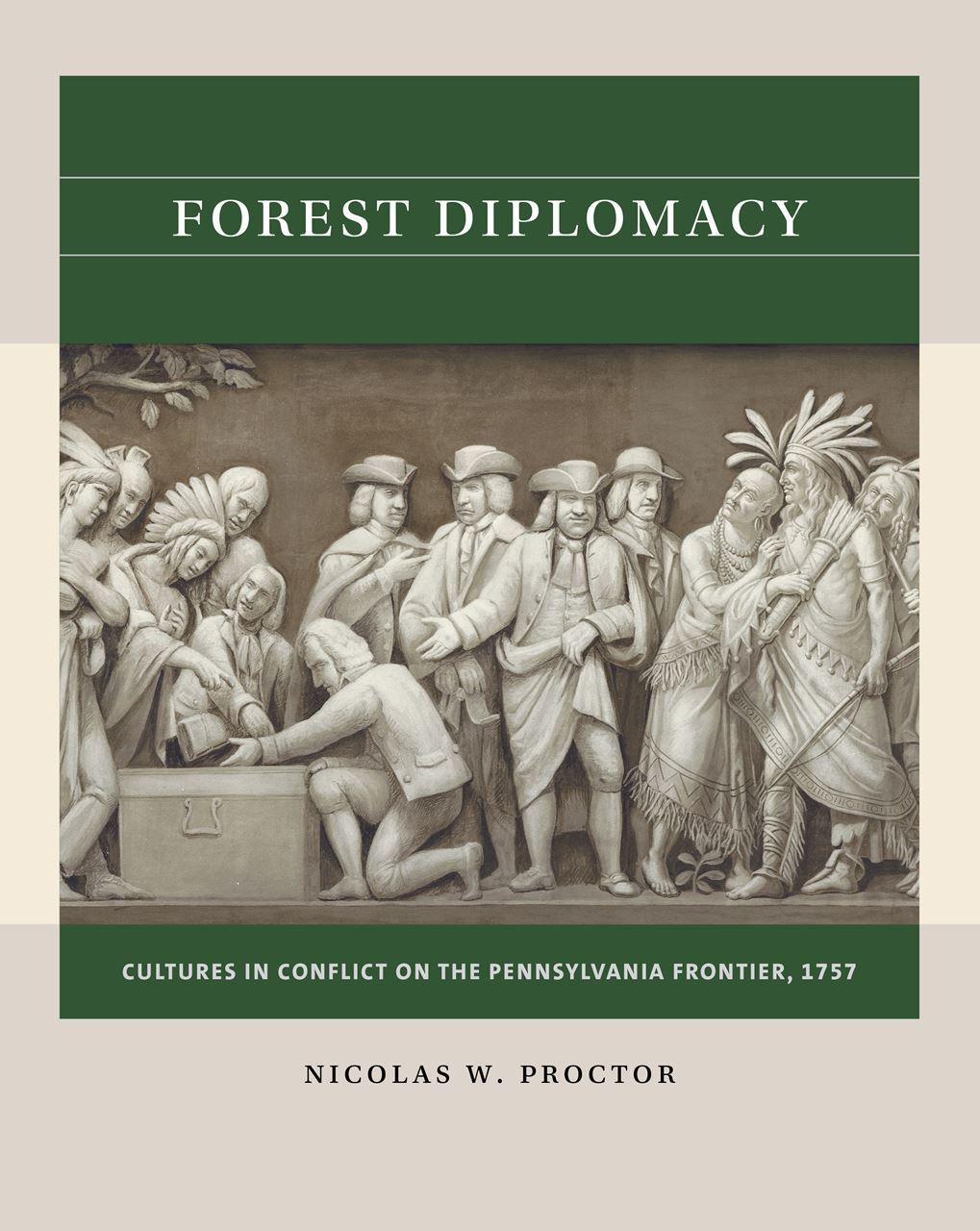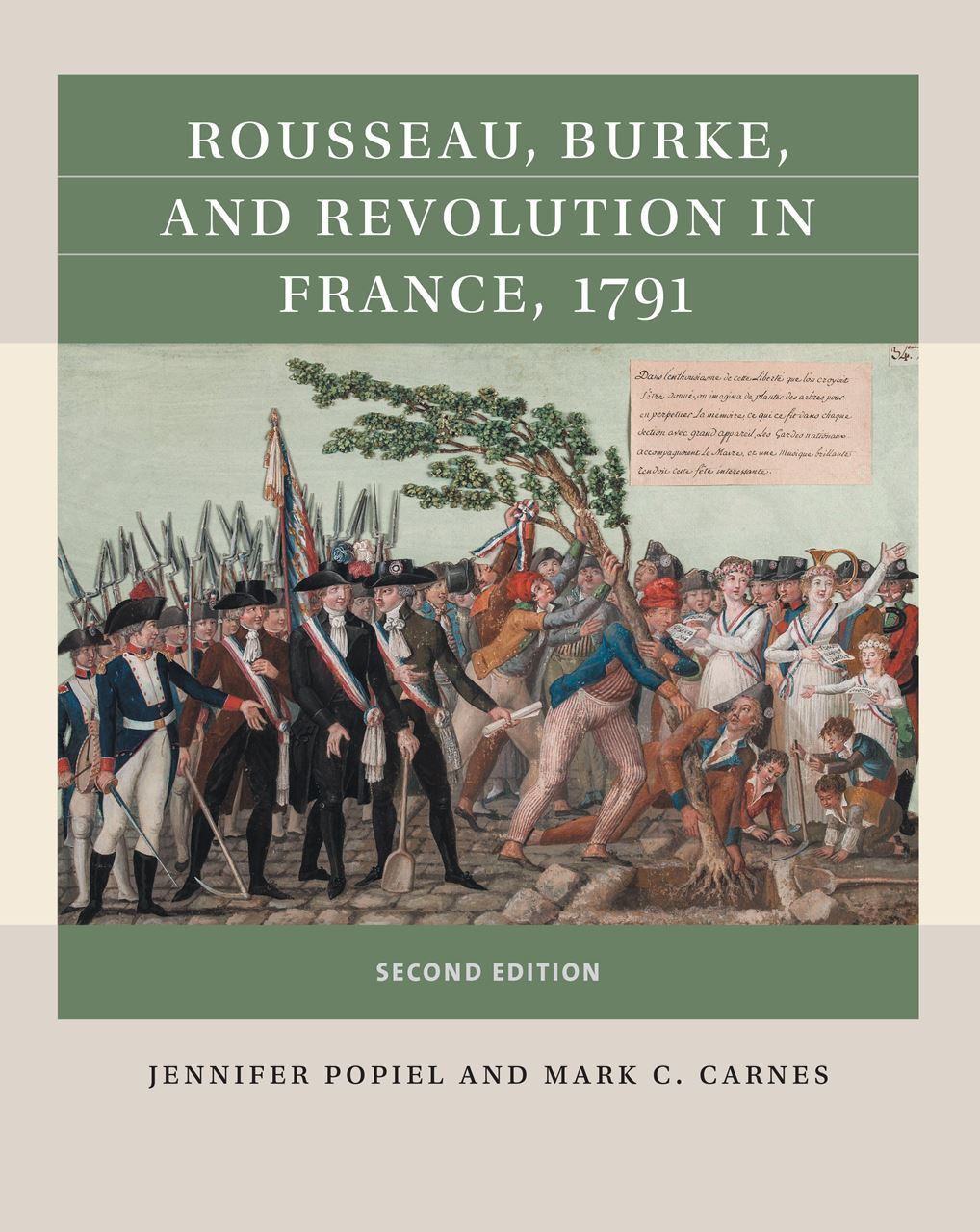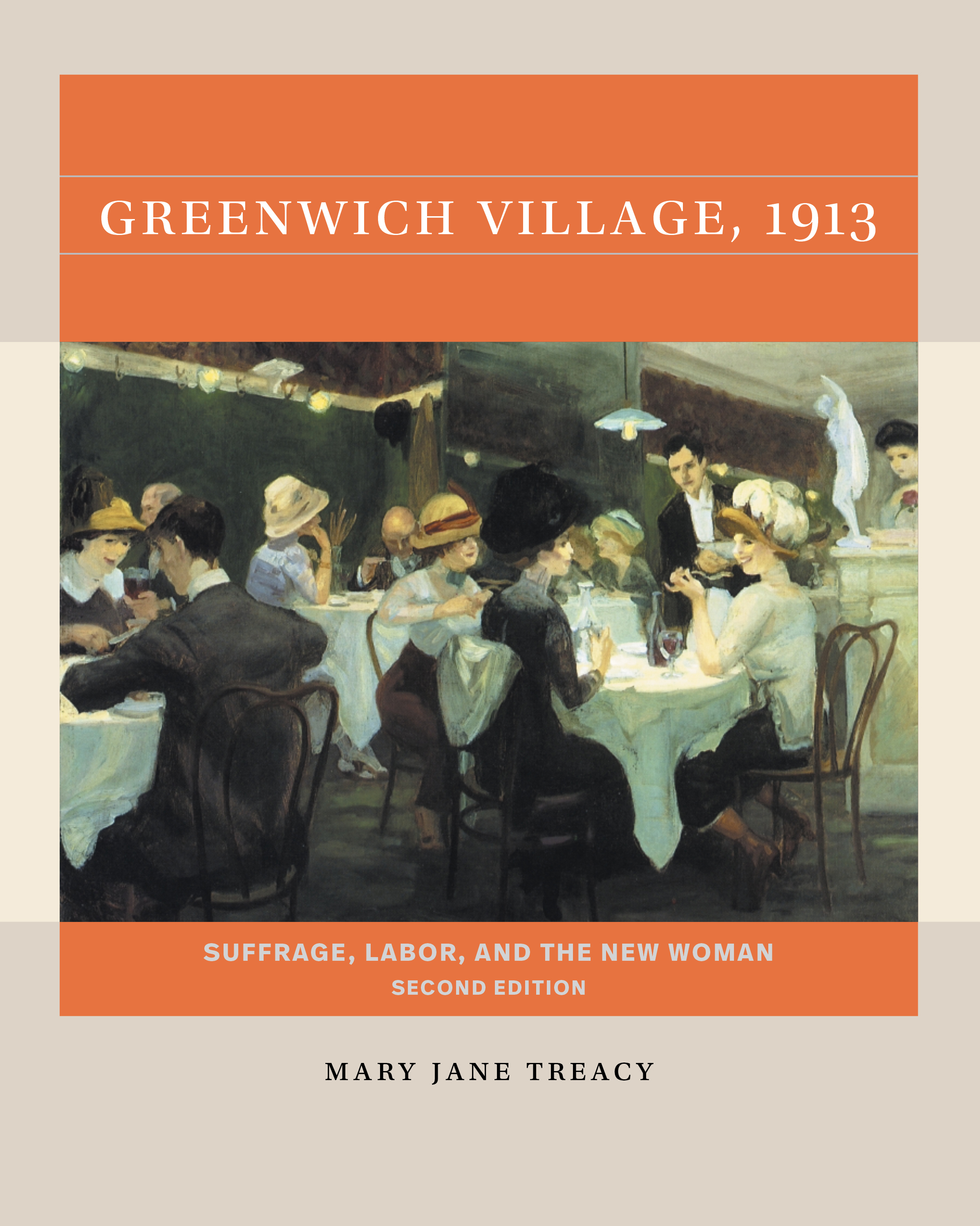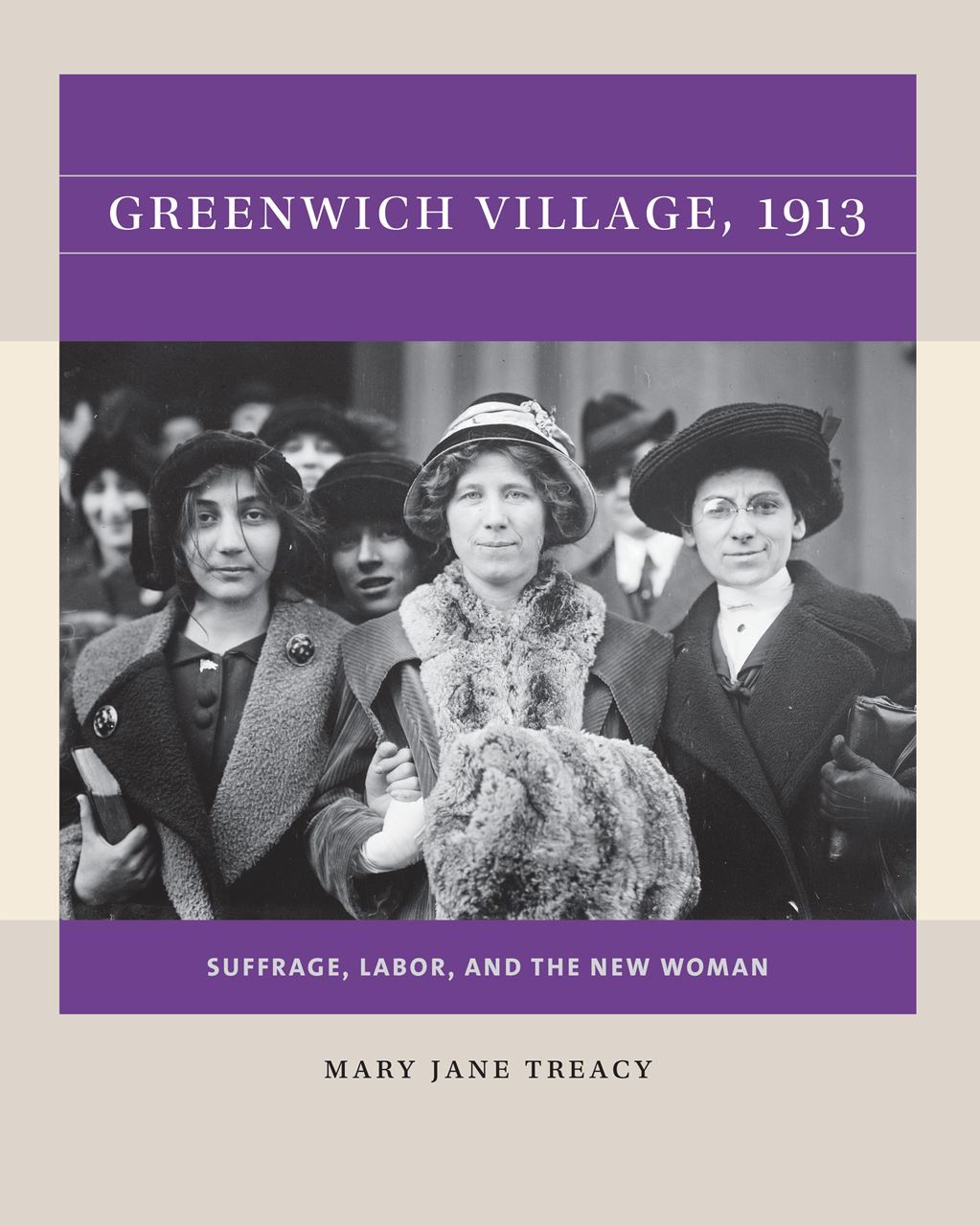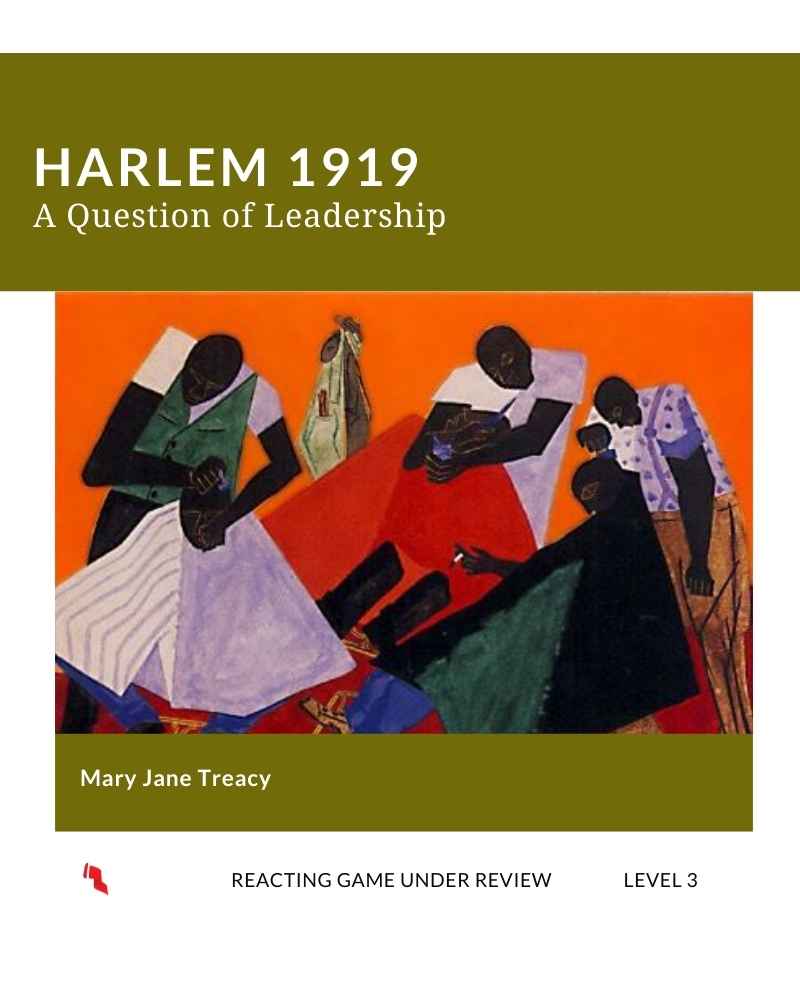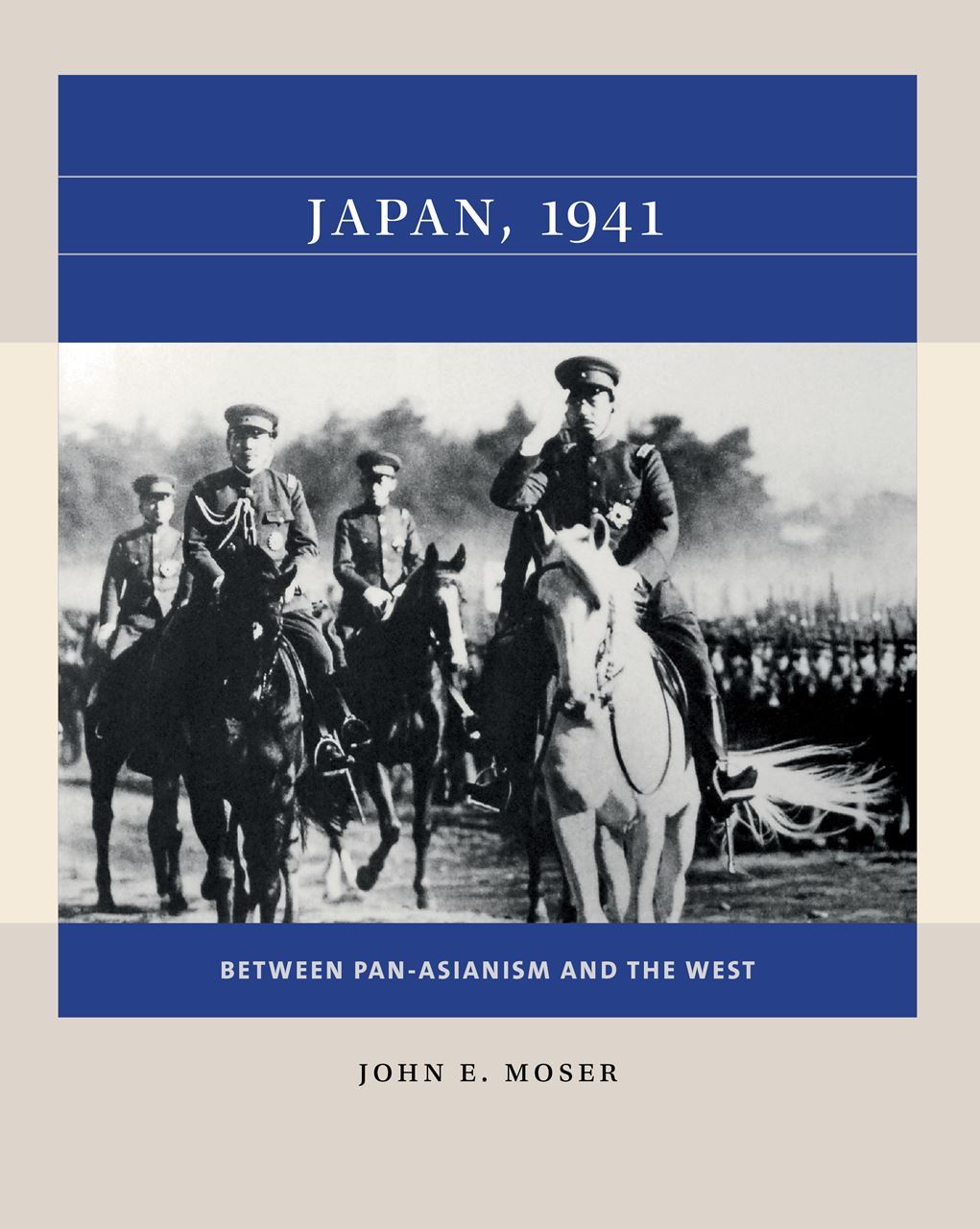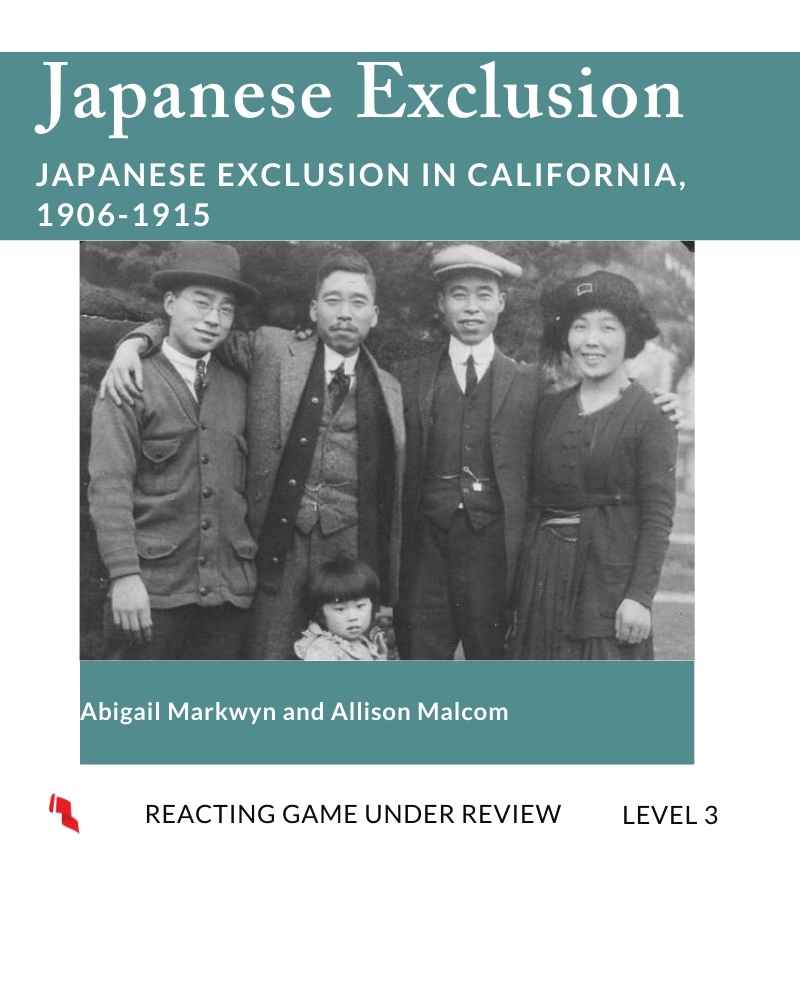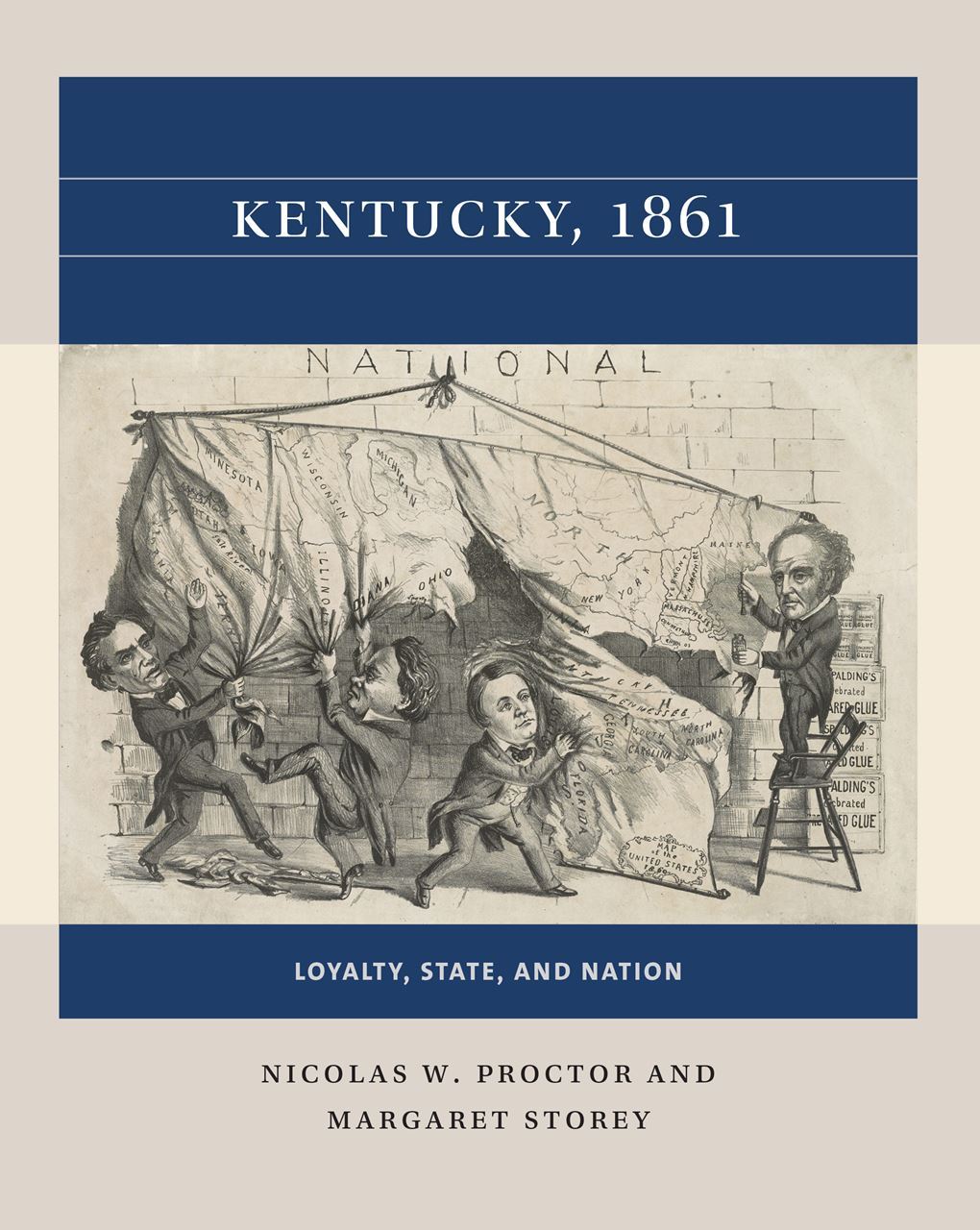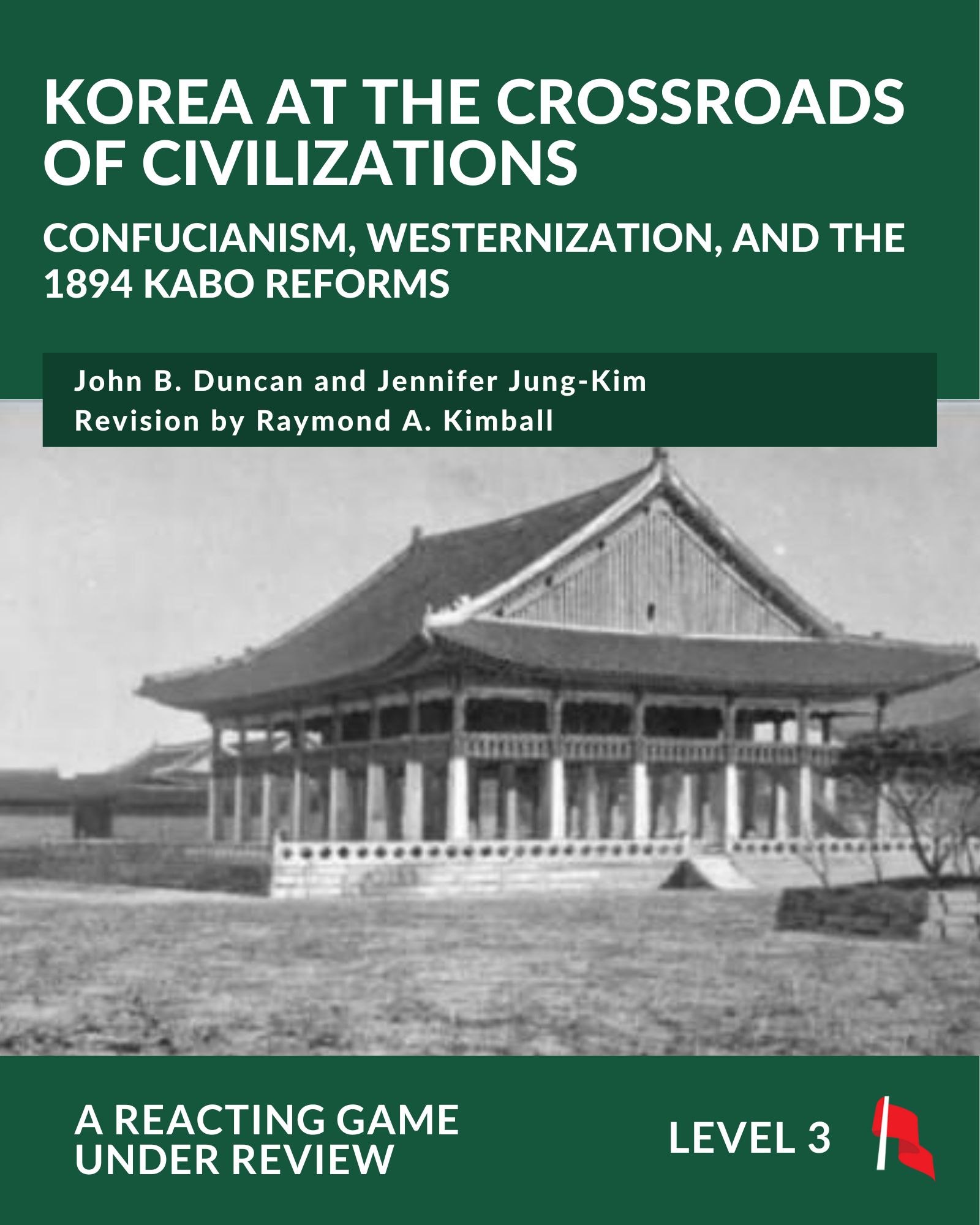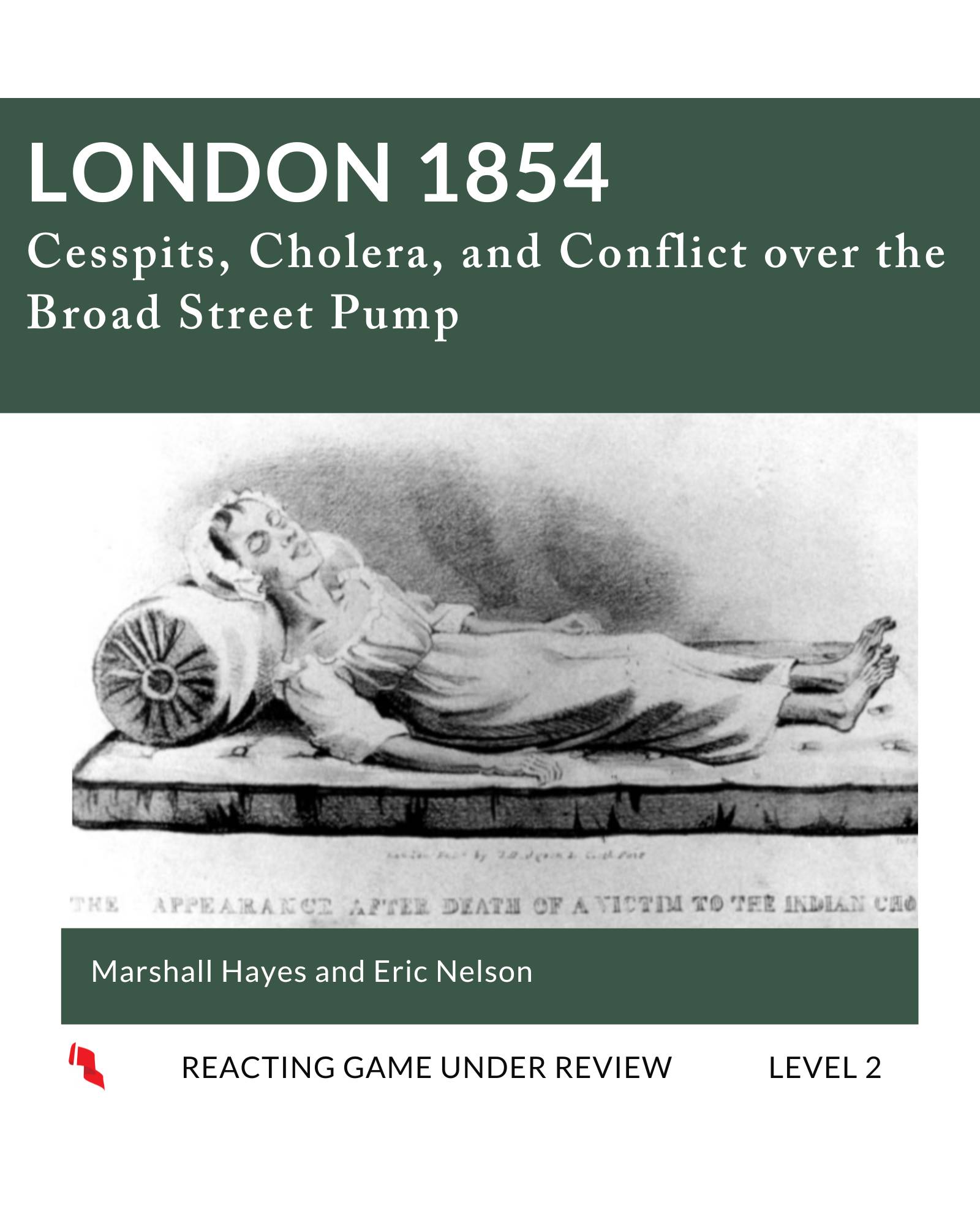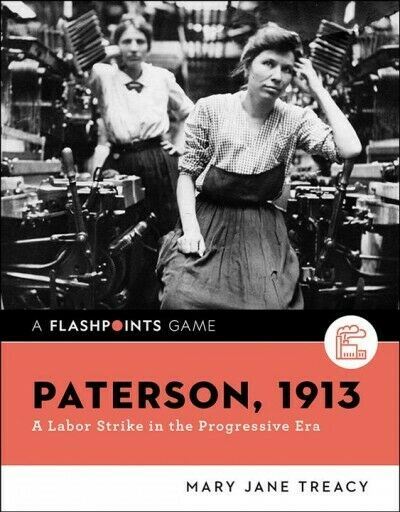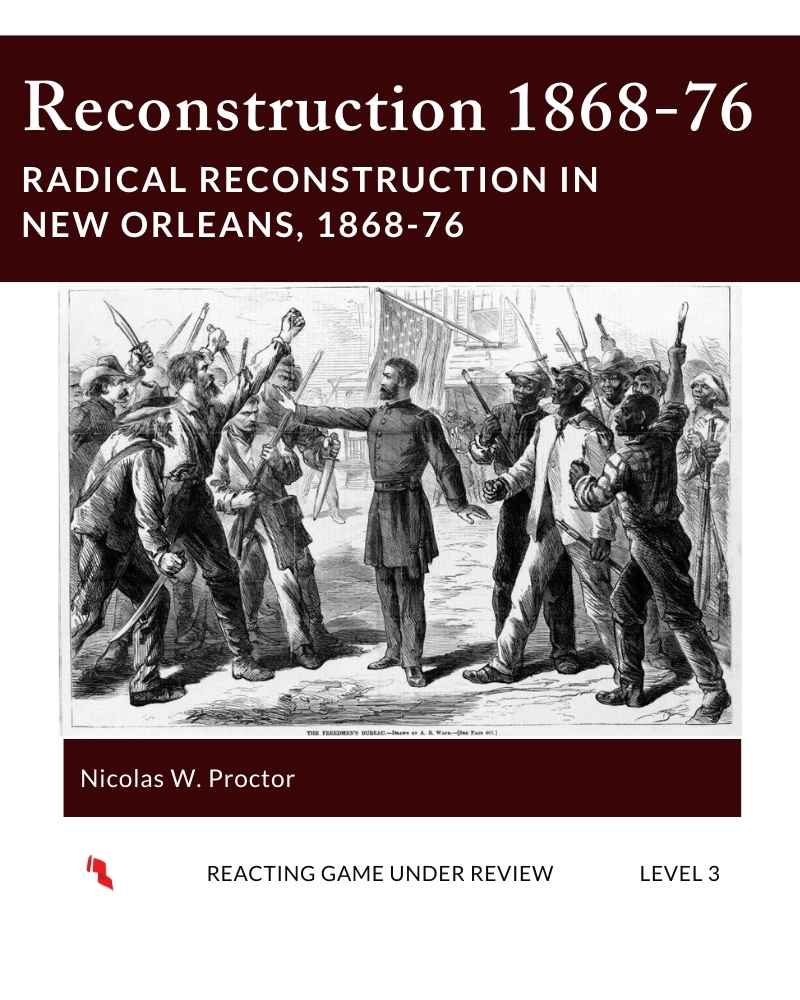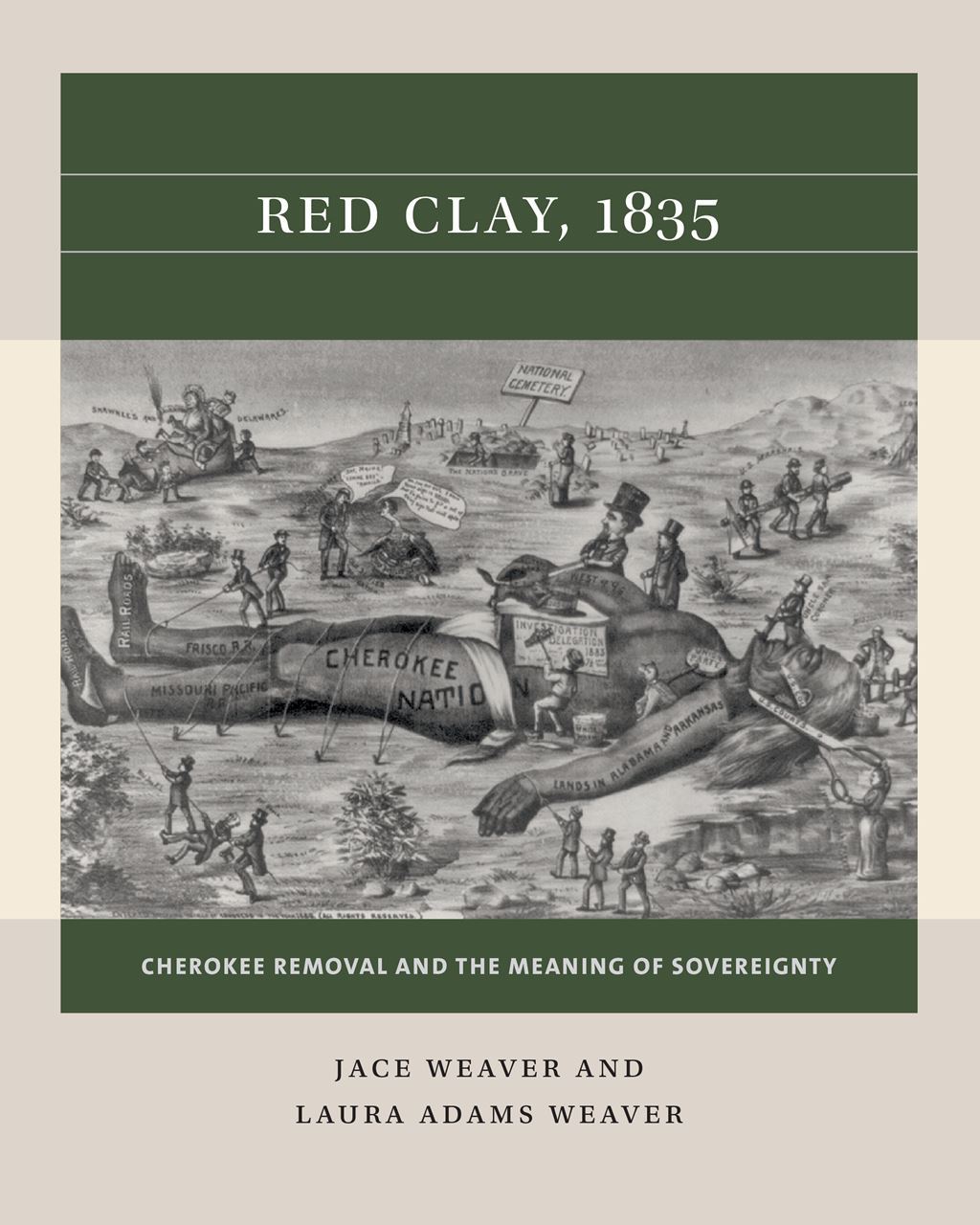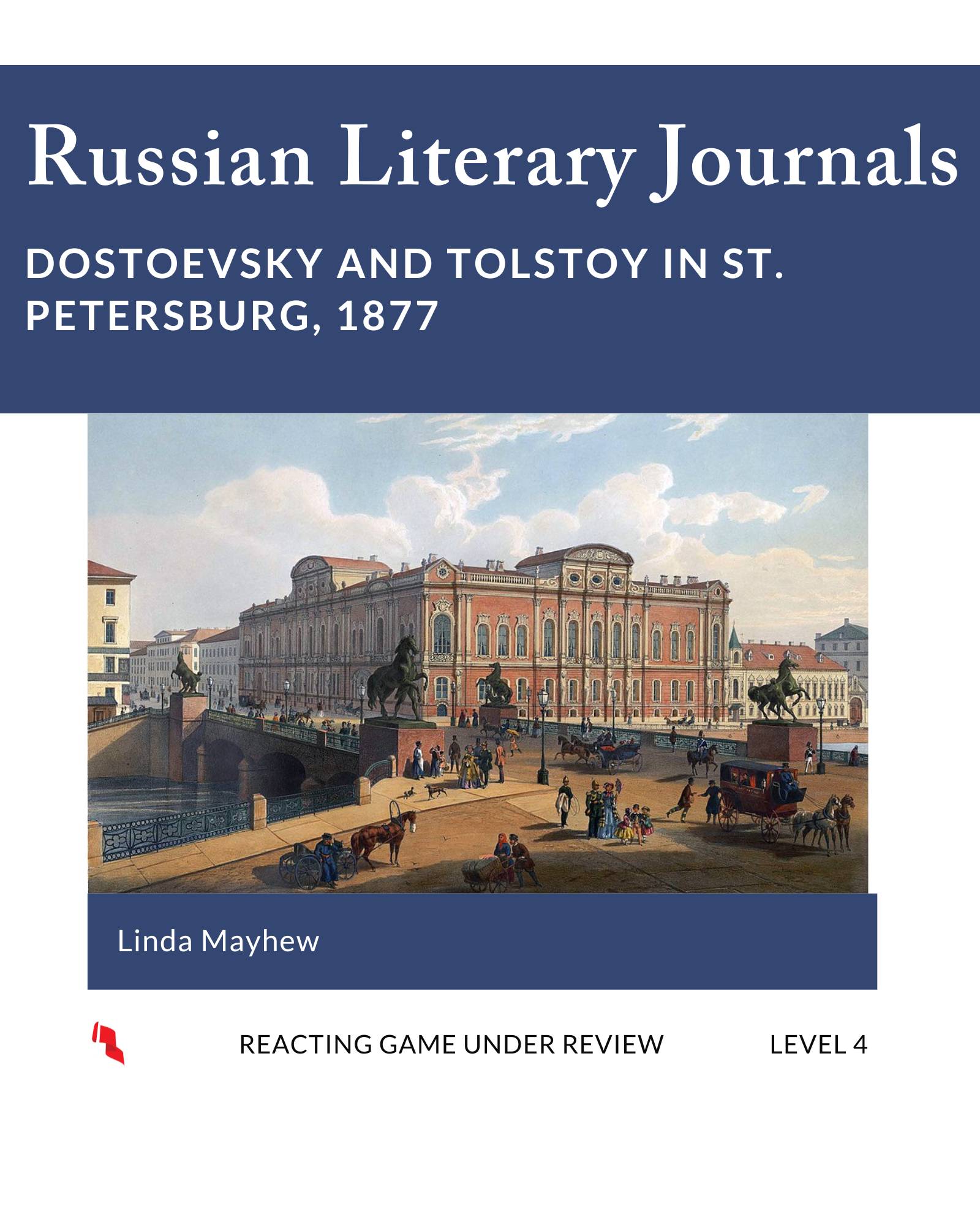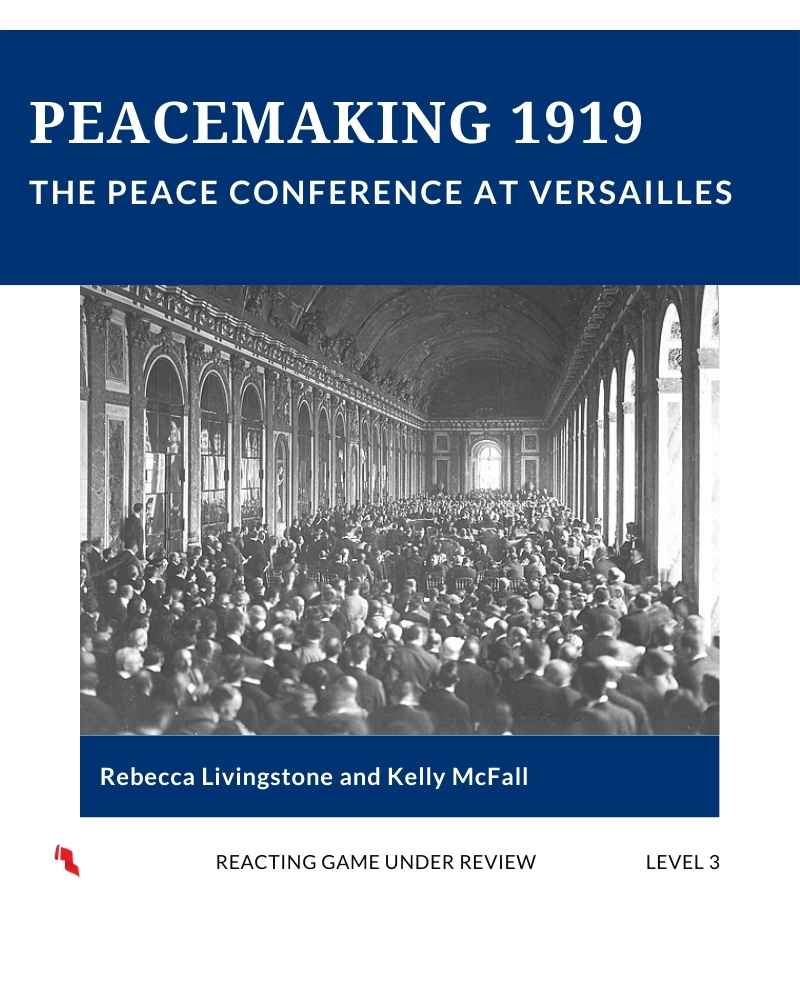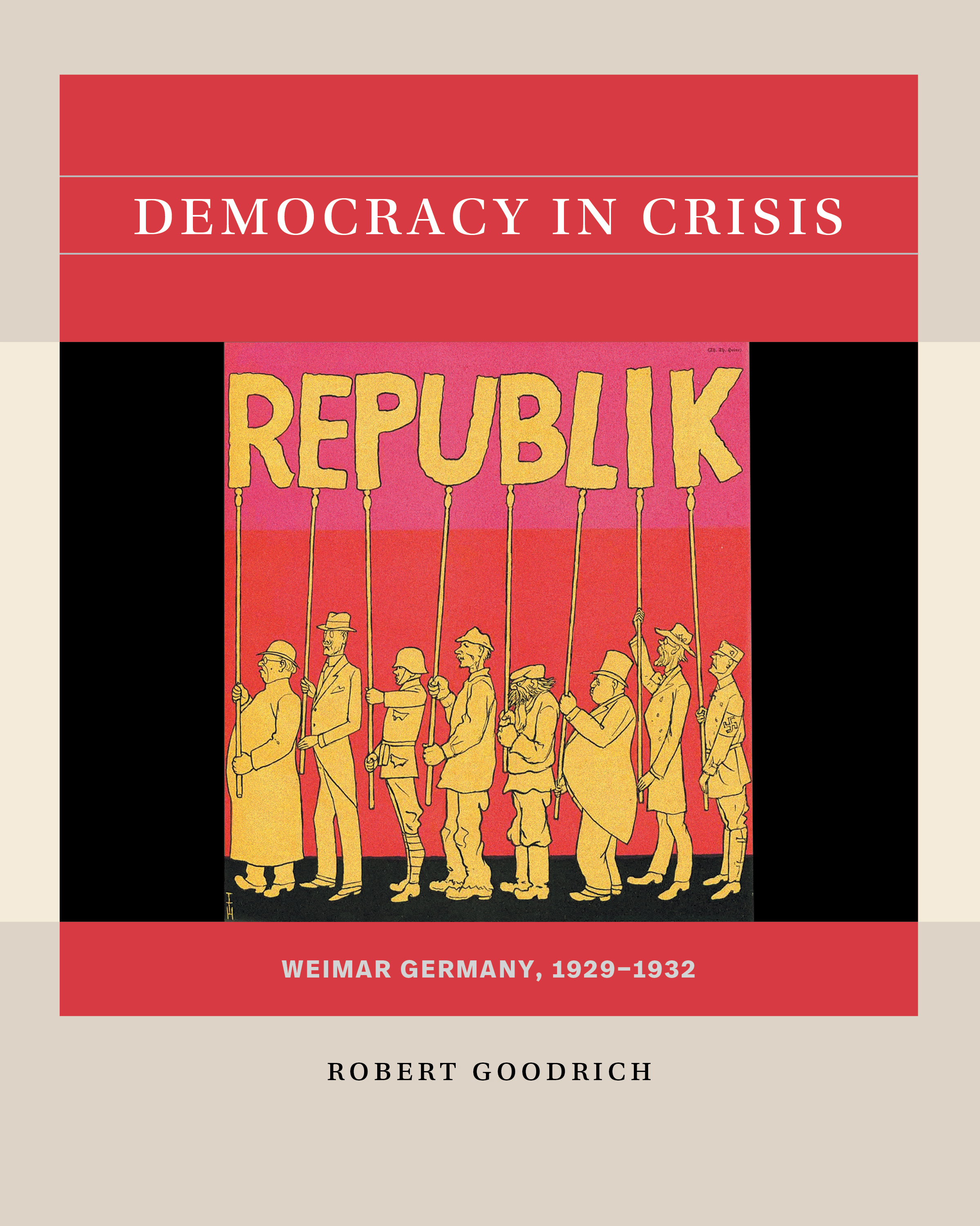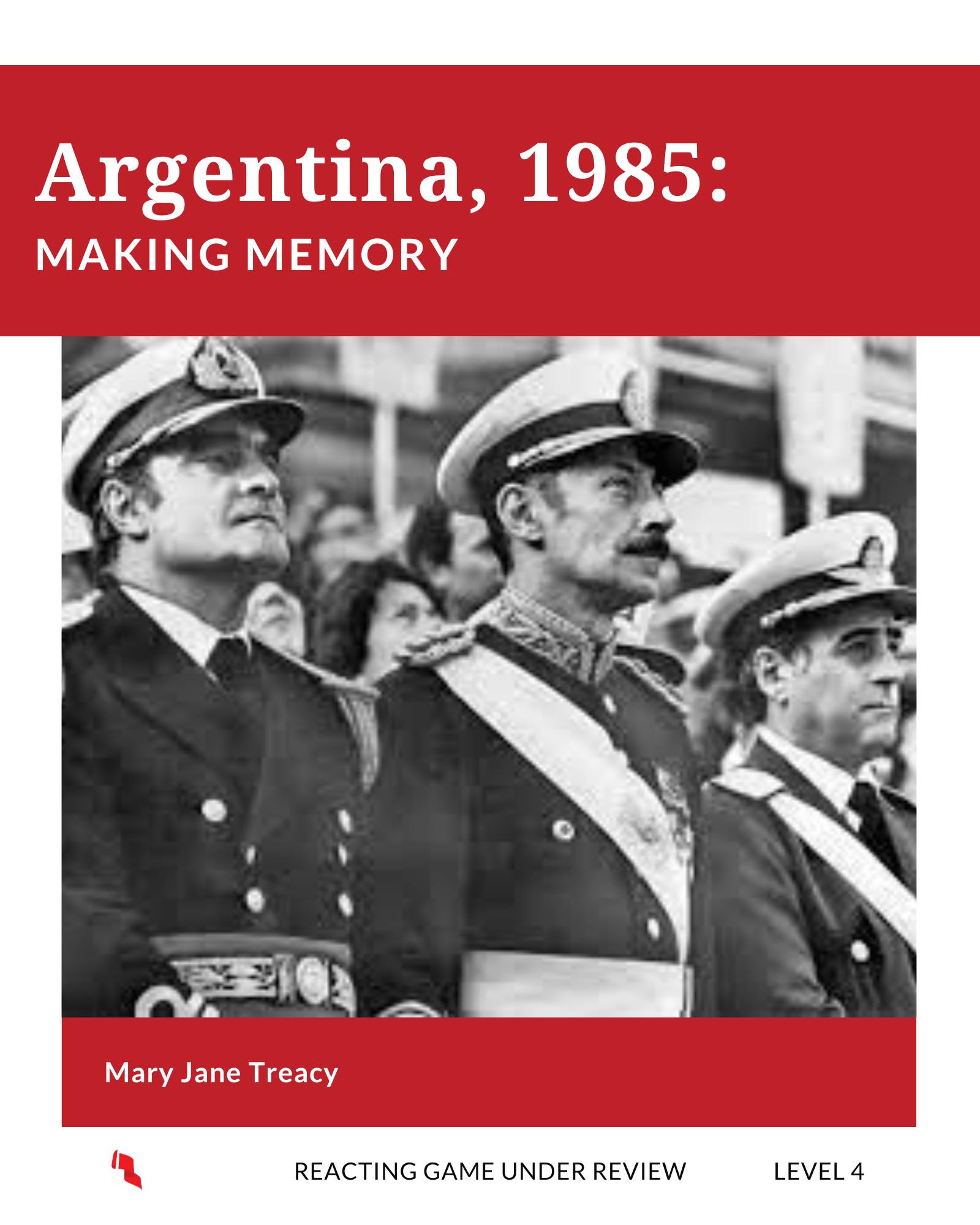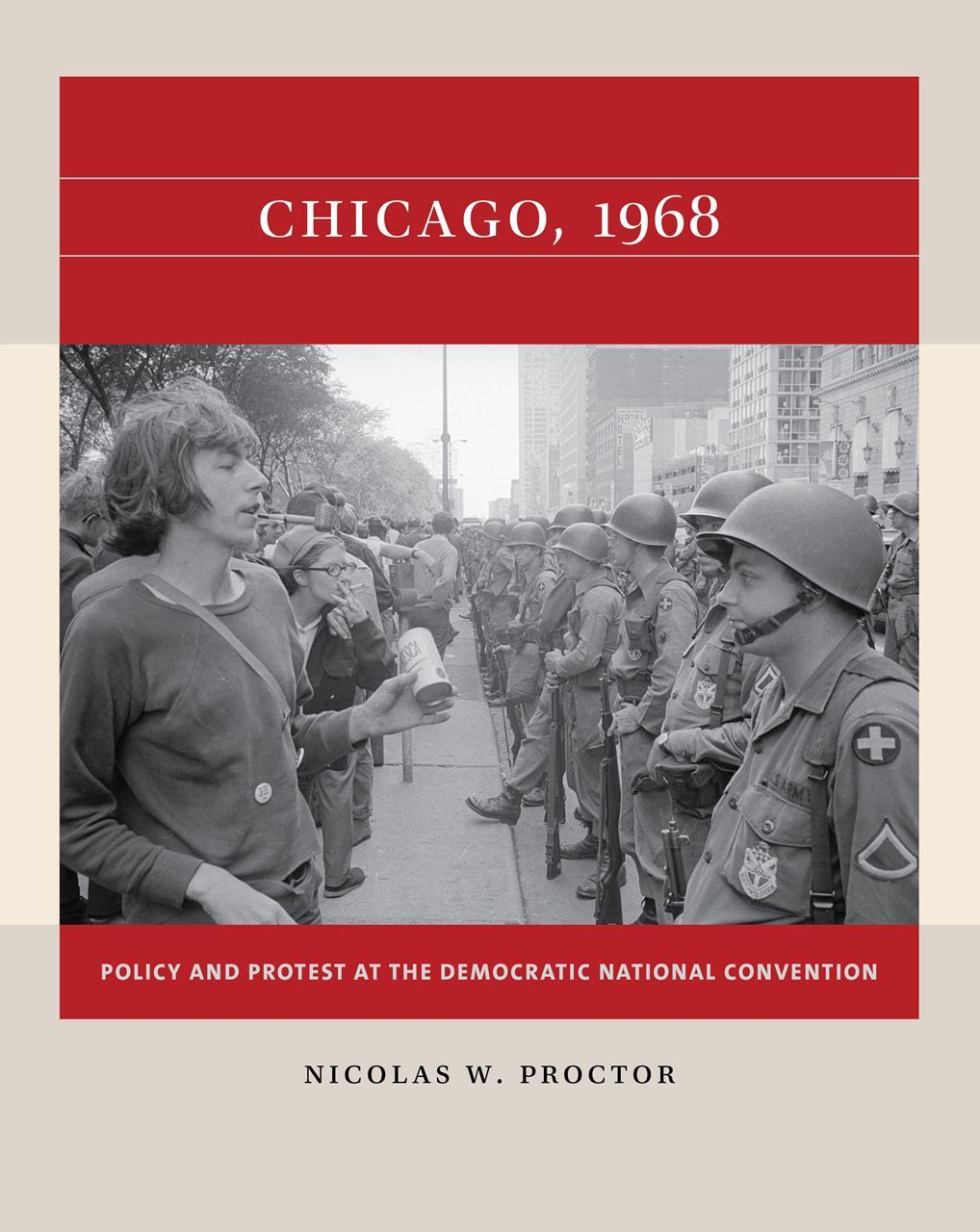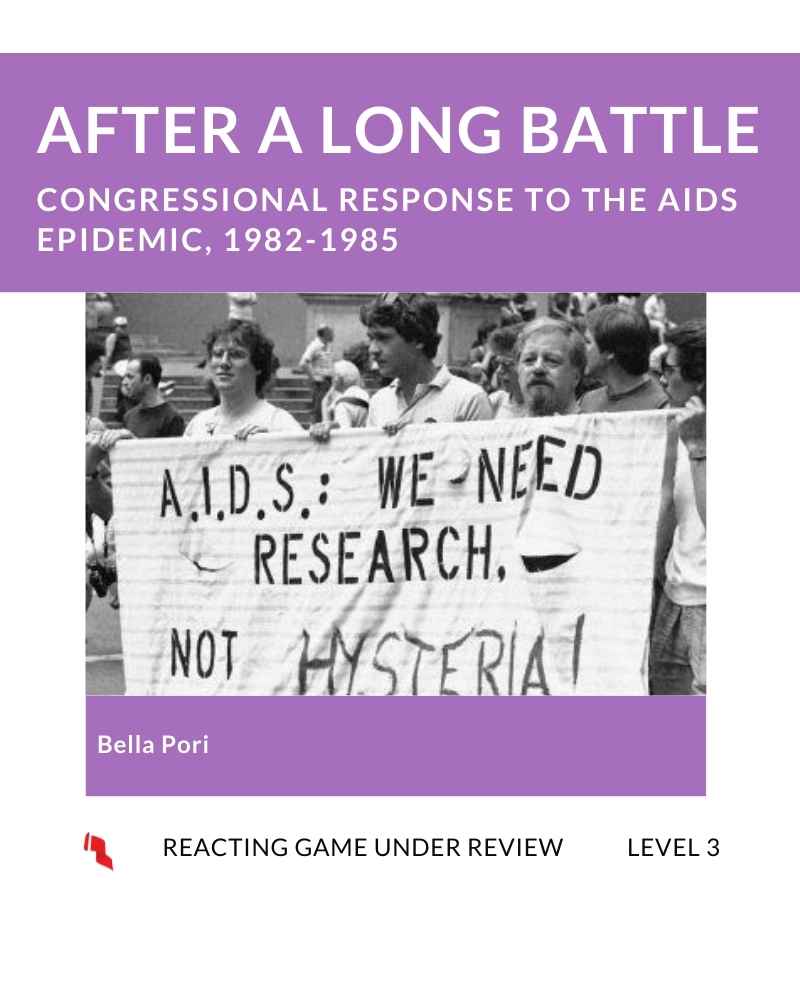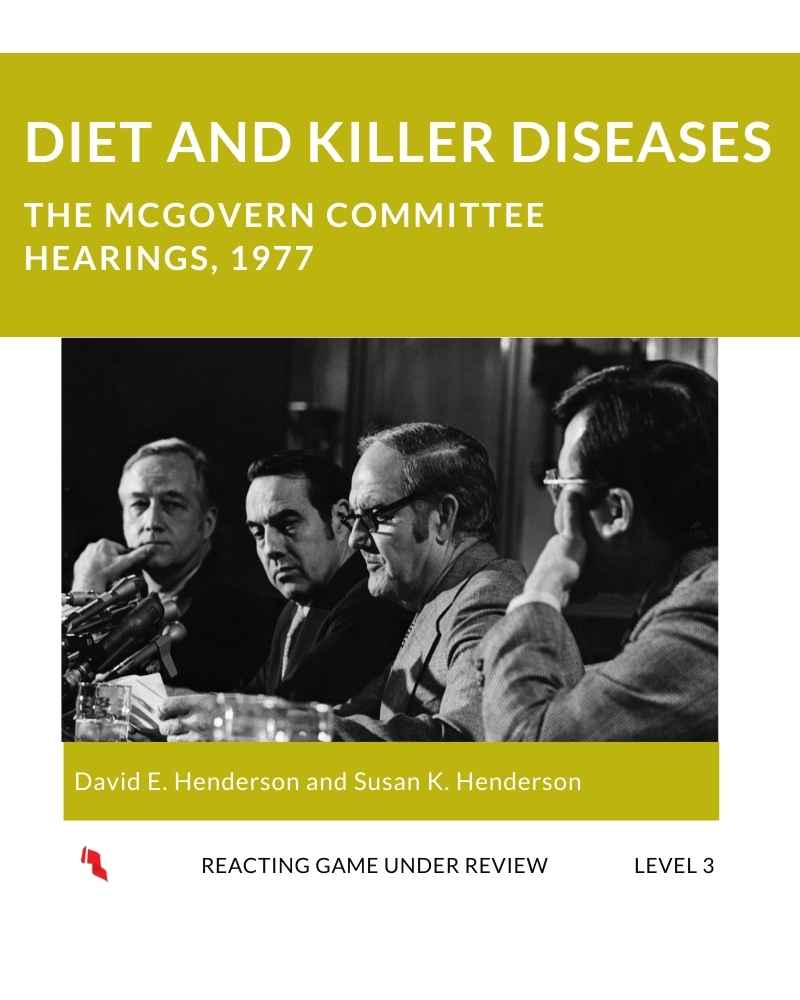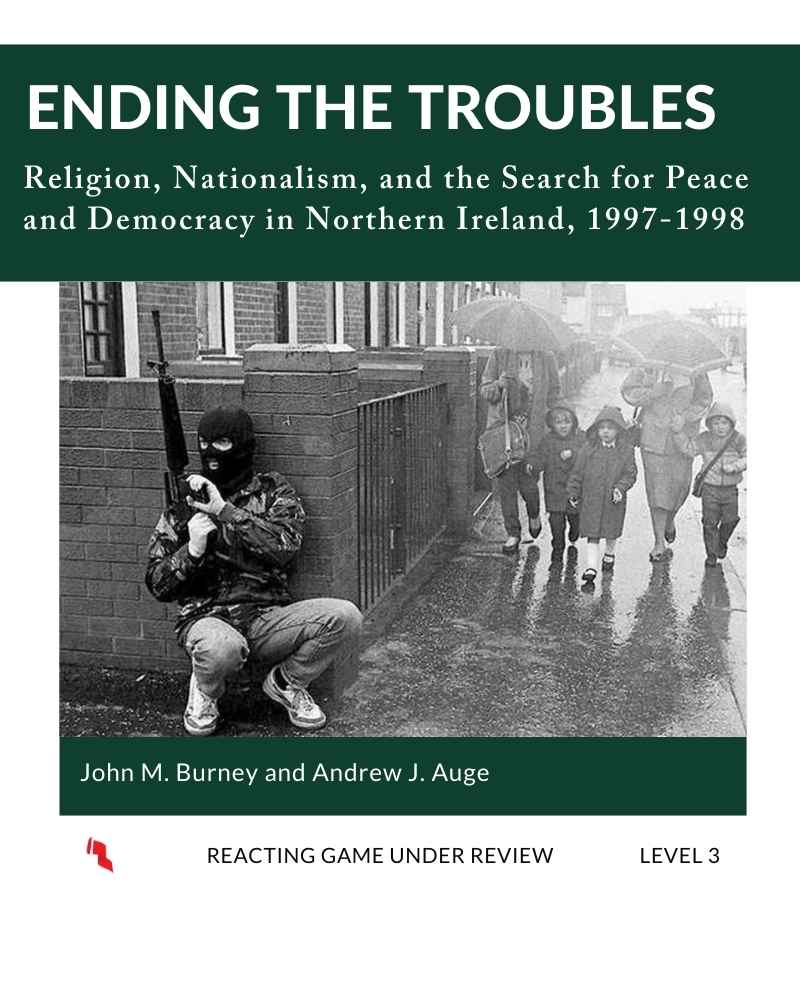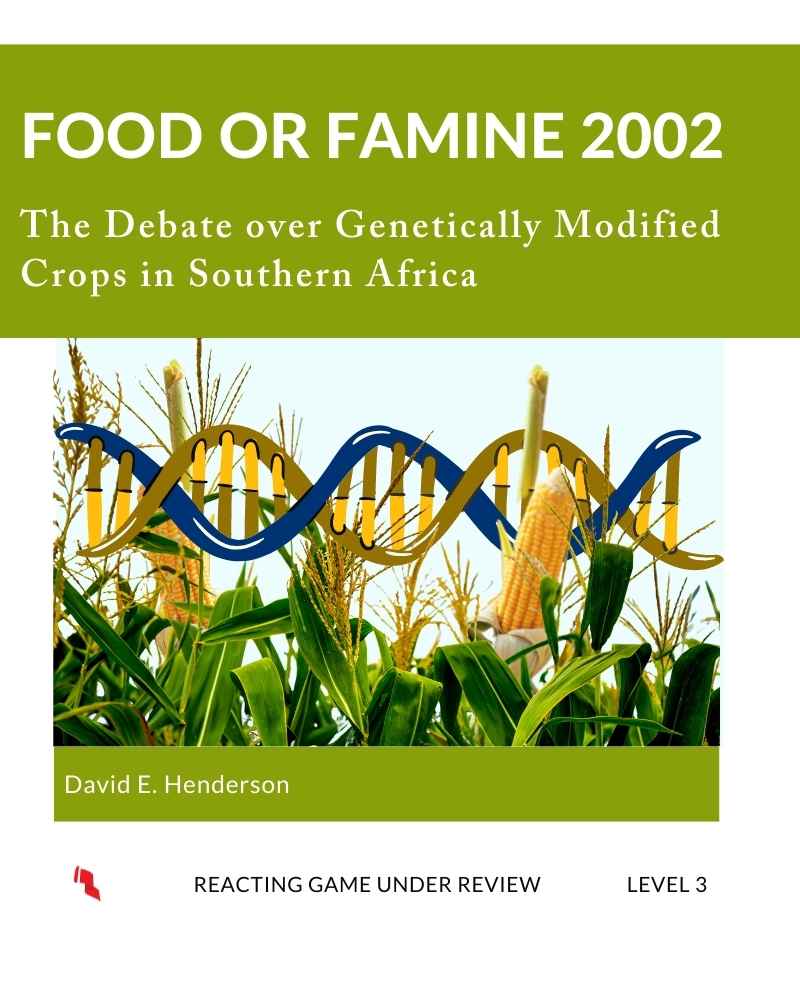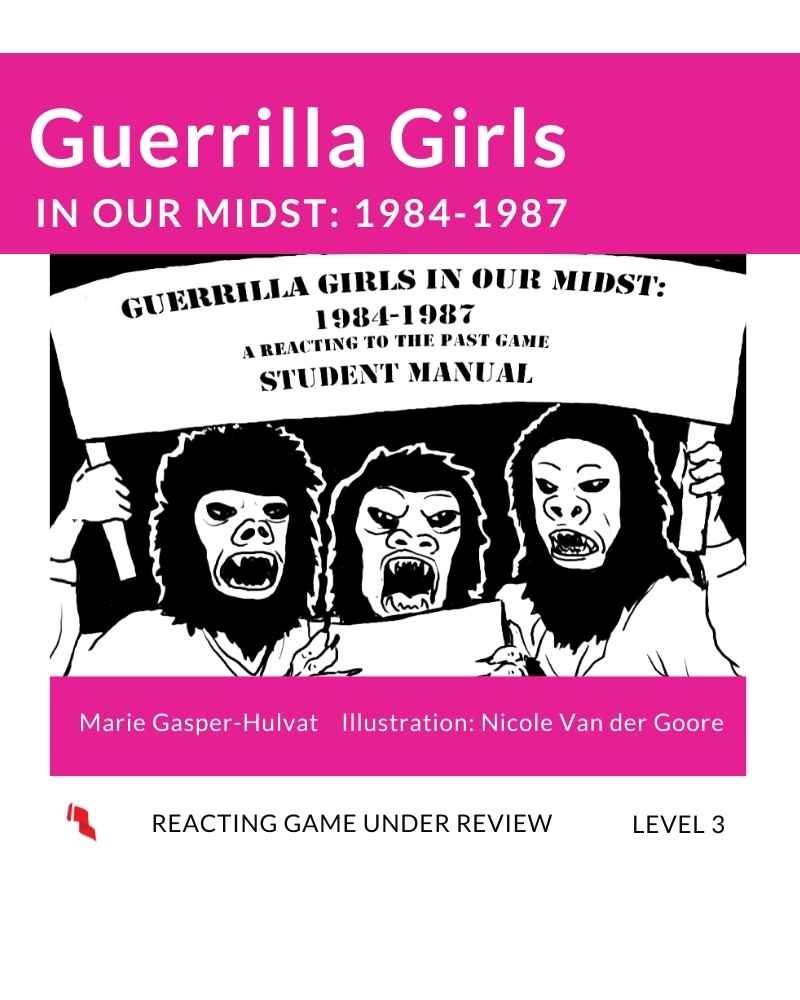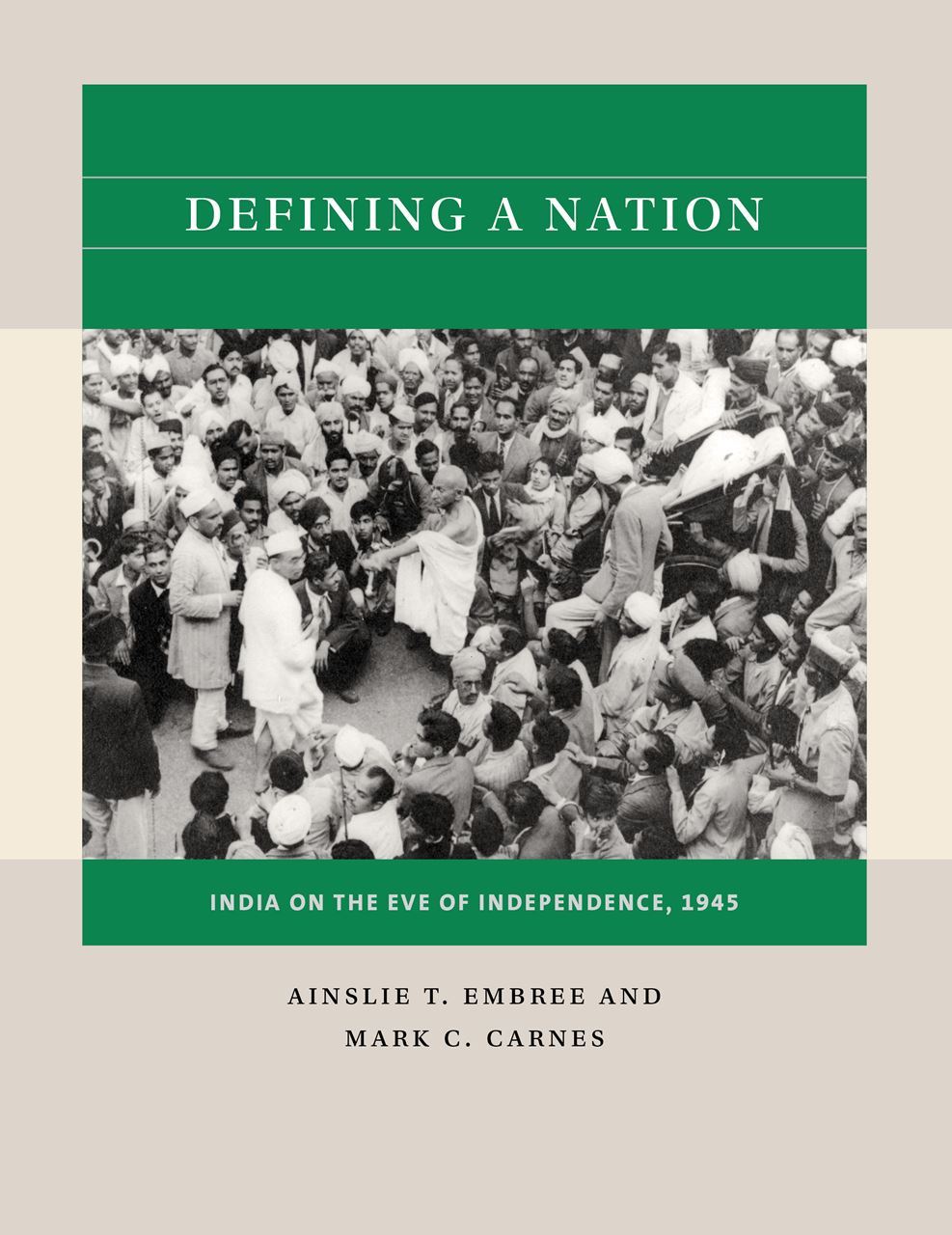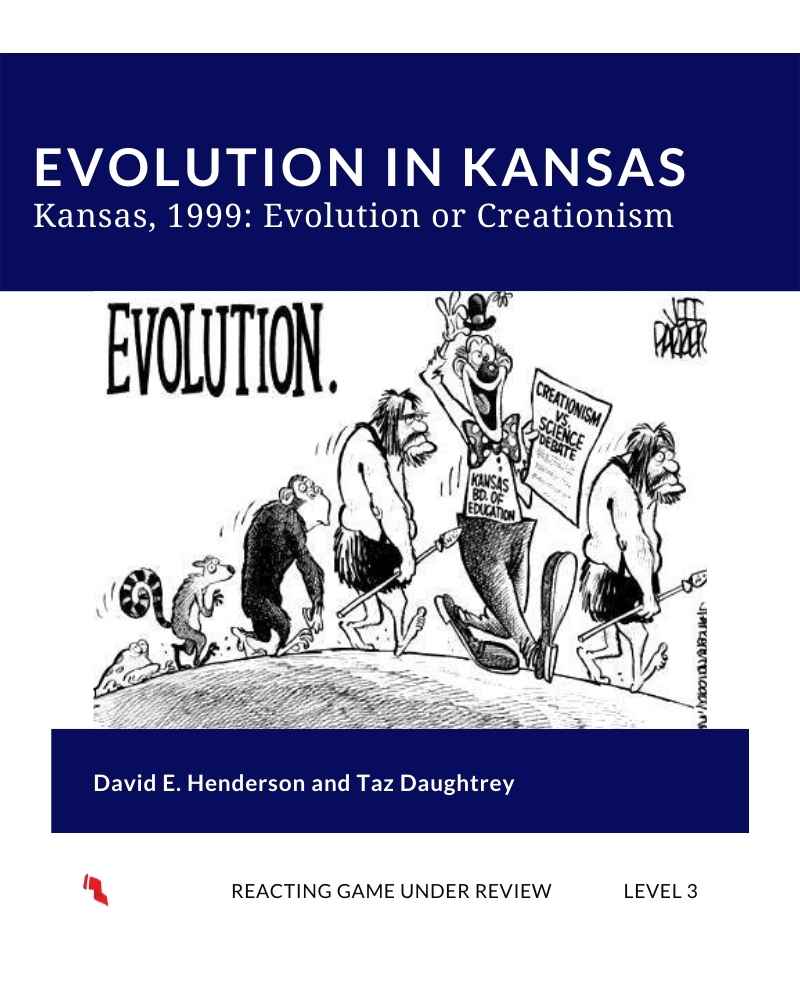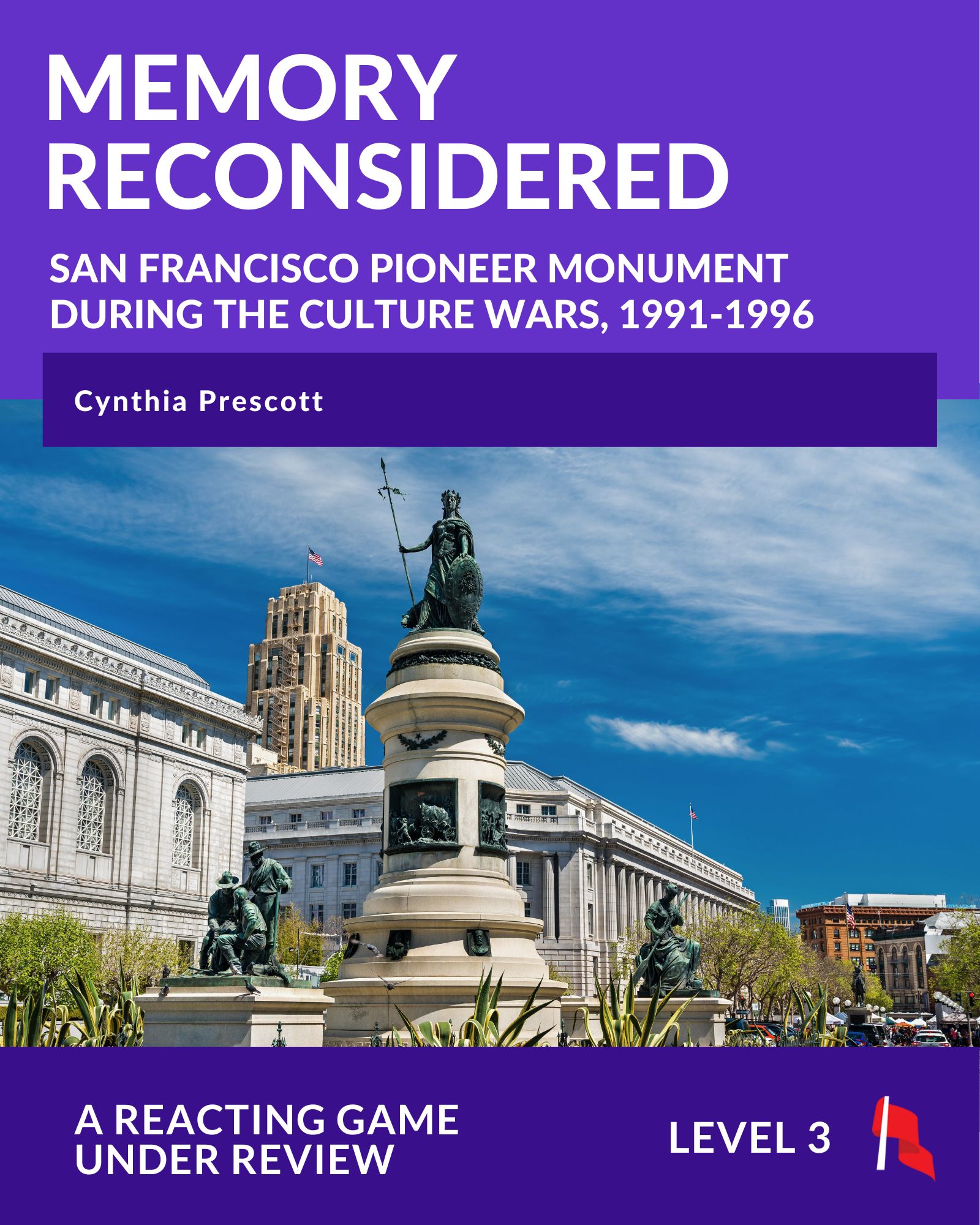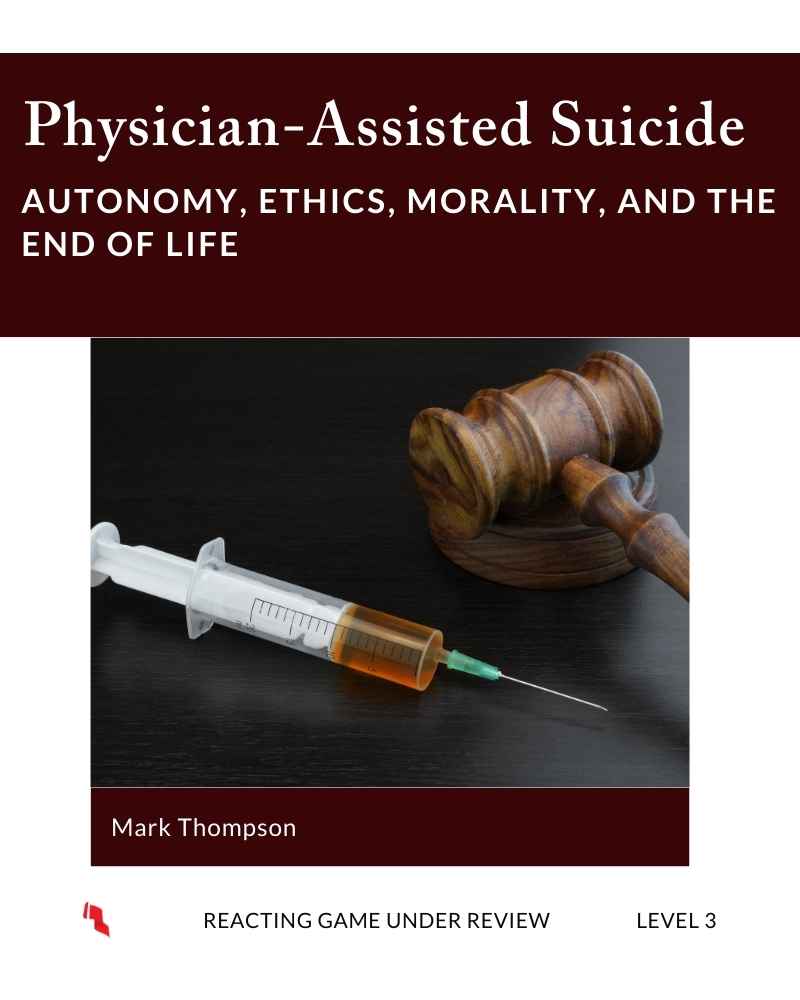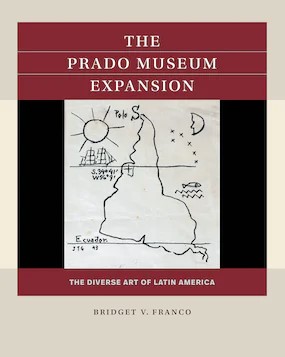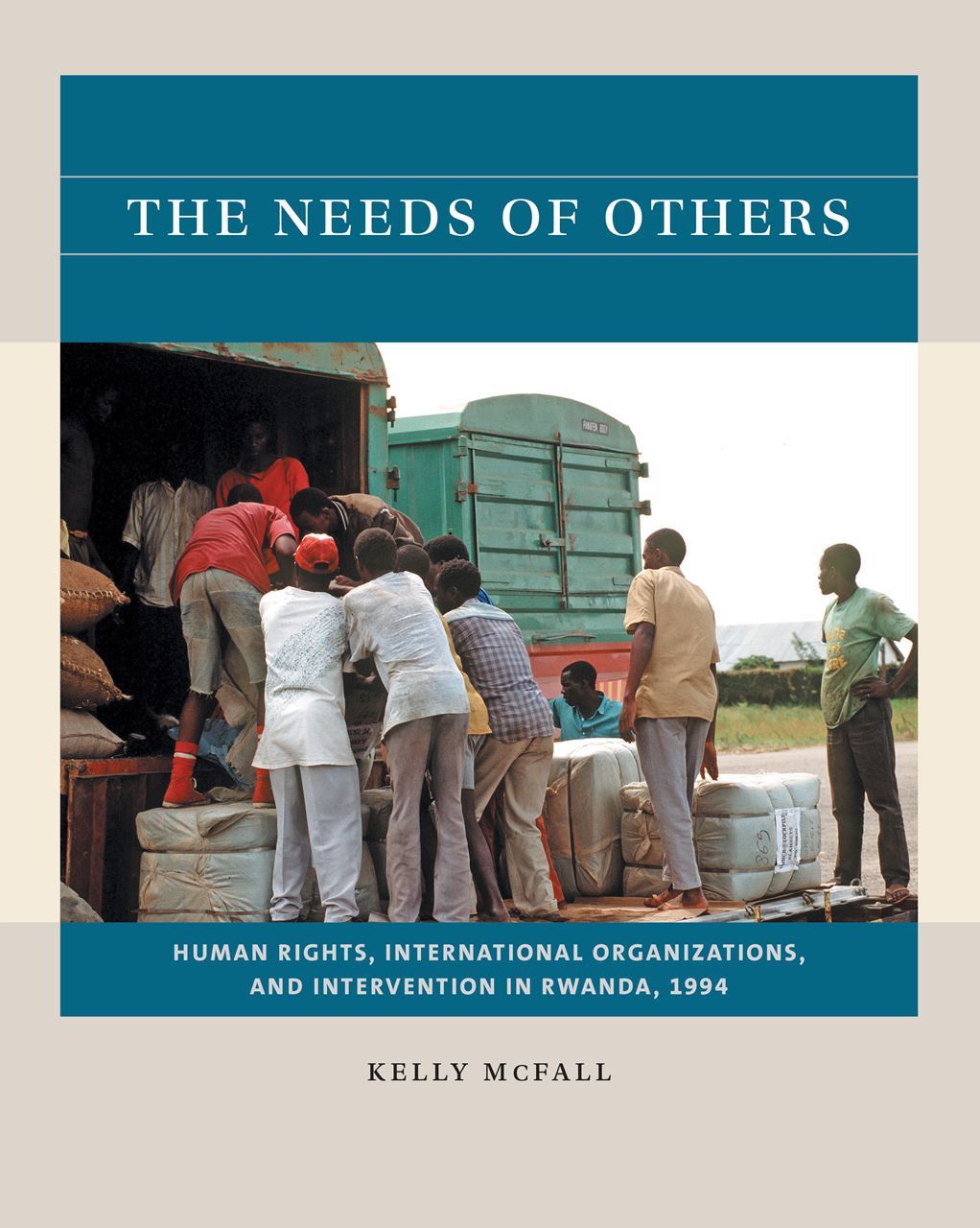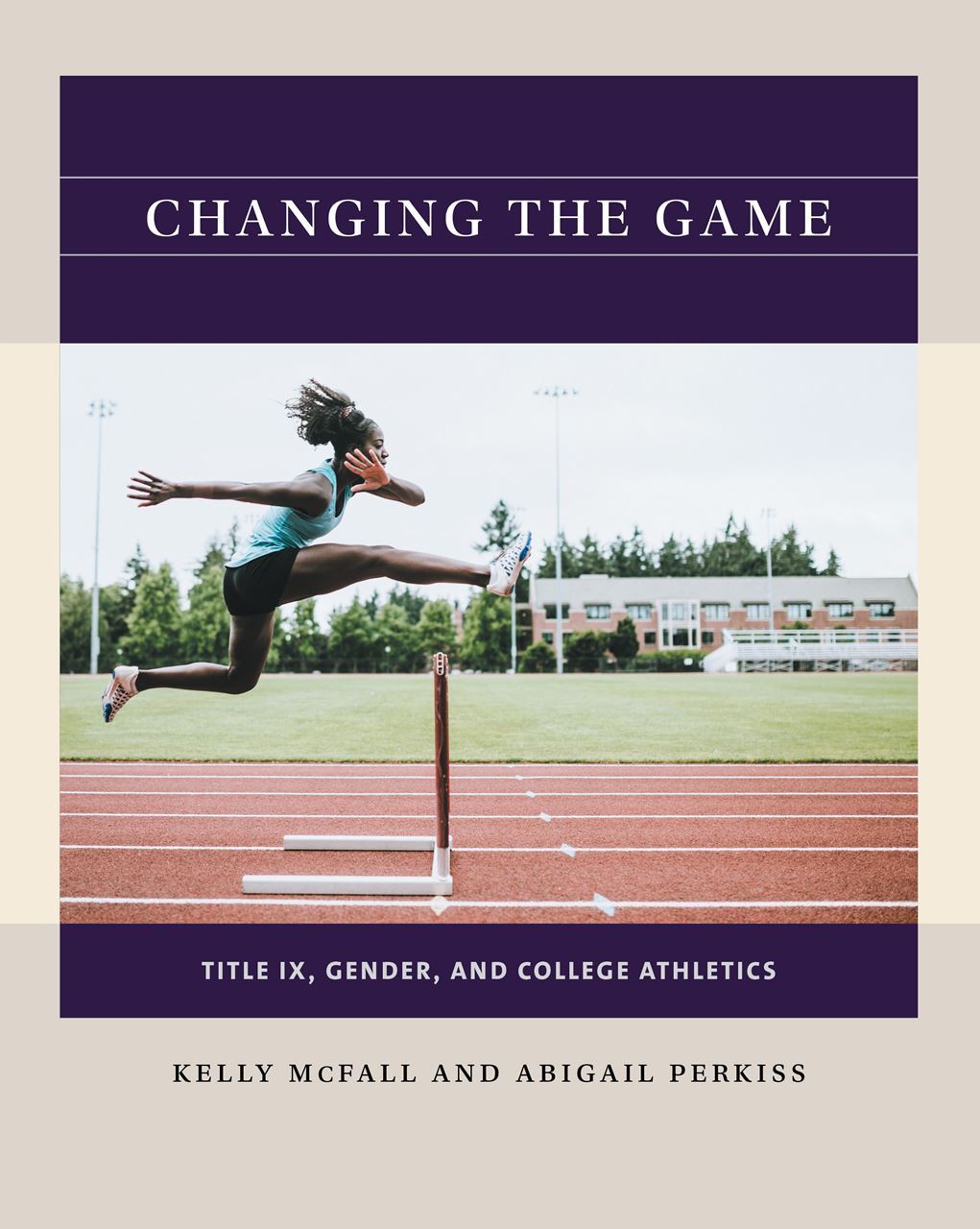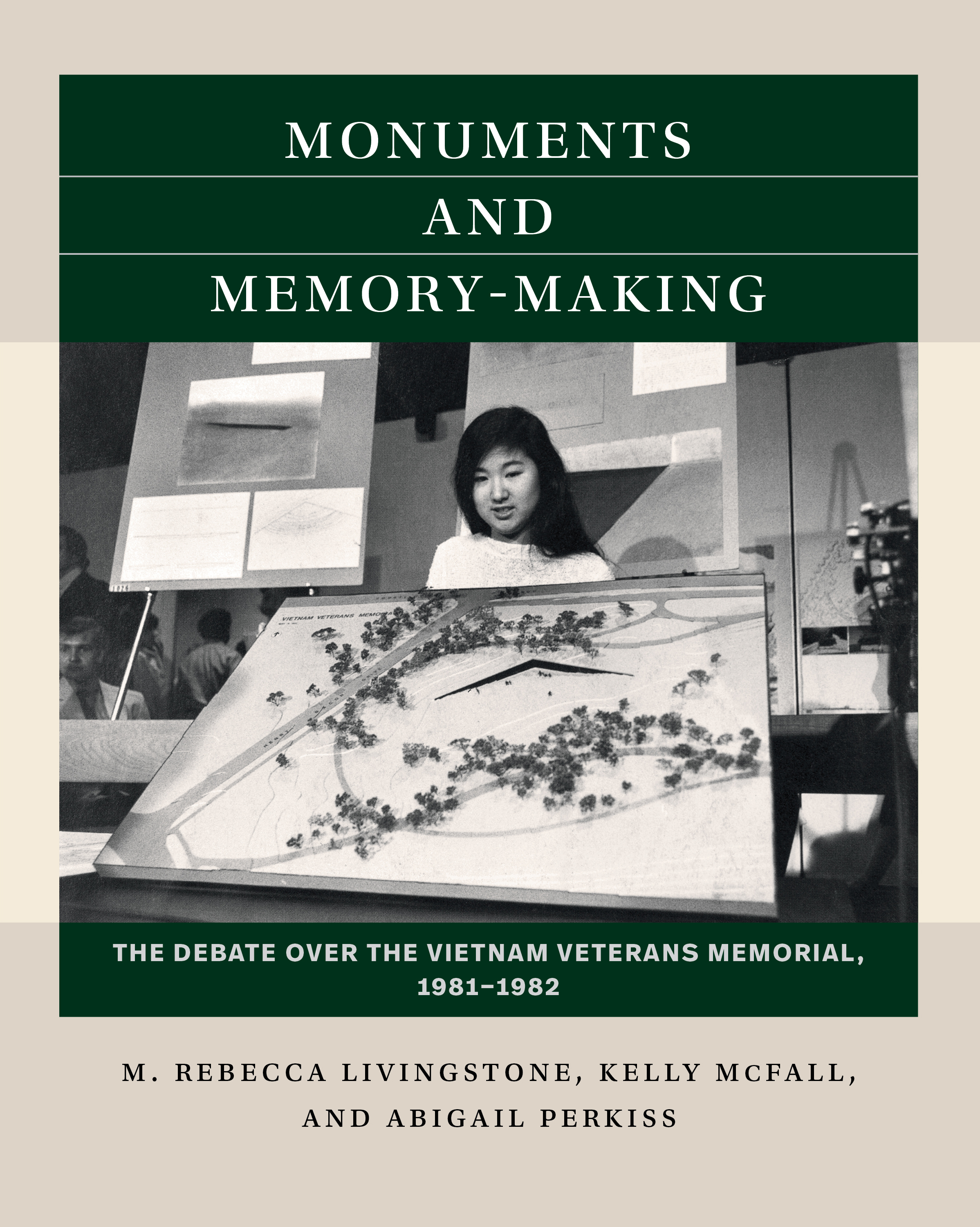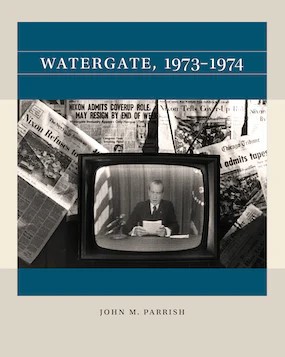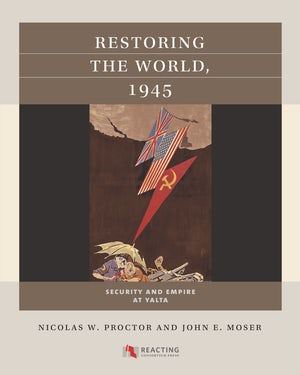REACTING Games
With over 75 games, you'll find something for your class. You can browse by era, geography, level of development, or class size.
ALL Games BY ERABrowse and find Reacting games by time period. |
Ashoka: Becoming the Dharma King Ashoka returned from his successful war against Kalinga, grieved at the great suffering and loss of life he had brought to the land. He was determined to become a better Buddhist and a king who ruled not through force, but through the Dharma (literally “law,” but it comes to mean “true teaching” and “order of the universe”). As members of the Council, students represent the major traditions operative at Ashoka’s time: Brahmin Traditionalists, Jains, Ajivikas, and Buddhists who must advise the King on the policies that will help him become the Dharma-king. 7-9 Sessions 6-47 Students 3rd Century BCE Asia Level 3 Game (What's this Mean?) |
The Threshold of Democracy: Athens in 403 B.C.E. In the wake of Athenian military defeat and rebellion, advocates of democracy have reopened the Assembly; but stability remains elusive. As members of the Assembly, players must contend with divisive issues like citizenship, elections, remilitarization, and dissent. 7-15 Sessions 11-50 Students 5th Century BCE Europe Published Game (What's this Mean?) |
Constantine and the Council of Nicaea: Defining Orthodoxy and Heresy in Christianity, 325 C.E. Plunges students into the theological debates confronting early Christian church leaders. Emperor Constantine has sanctioned Christianity as a legitimate religion within the Roman Empire but discovers that Christians do not agree on fundamental aspects of their beliefs. 7-10 Sessions 7-40+ Students 4th Century SW Asia, Europe Published Game (What's this Mean?) |
Constantine and the Council of Nicaea: Defining Orthodoxy and Heresy in Christianity, 325 C.E. Second Edition Students immerse themselves in the theological debates that defined the challenges and disagreements within the church leadership, addressing fundamental aspects of Christian beliefs. Can the bishops assembled at the council resolve these issues, or will the church face division or dissolution? The outcome of this conference holds the power to shape the trajectory of Christianity for centuries to come. 7-10 Sessions 7-40+ Students 4th Century SW Asia, Europe Published Game (What's this Mean?) |
The Crisis of Catiline: Rome, 63 BCE Rome, 63 BCE: a tumultuous year of urban and rural unrest, economic instability, sensational trials, and electoral misconduct. Rumors that Lucius Sergius Catiline is plotting to violently seize control have created a frenzy. You are a Roman senator. Can you save the Republic…and yourself? 2-8 Sessions 8-41 Students 1st Century BCE Europe Published Game (What's this Mean?) |
Philosophy, Politics, and Diplomacy in China, 223 BCE This game takes place at the end of the Warring States period in China, at a time when Qin state has already absorbed two of the previously existent seven states, and is threatening the remaining four states of Chu, Qi, Zhao and Yan. The simulation is structured as a debate amongst the four most influential philosophical legacies of the Warring States era: Confucianism, Naturalism, Legalism, and Mohism. 7 Sessions 13-35 Students 3rd Century BCE Asia Level 3 Game (What's this Mean?) |
Beware the Ides of March: Rome, 44 BCE Julius Caesar has been assassinated and it's up to the Senate to push Rome forward. Probable debates in the Senate fall under four general headings: public order, Caesar's powers, foreign policy, and government. By grappling with the complex issues of Roman power politics at a moment of crisis, students gain perspective on the dynamics of late Republican Roman history and can evaluate Rome's subsequent evolution. 5-6 Sessions 12-24 Students 1st Century BCE Europe Level 3 Game (What's this Mean?) |
The Josianic Reform: Deuteronomy, Prophecy, and Israelite Religion Set just before a monotheistic reform of Israelite religion (622 BCE), the game takes up several tensions within the Bible: “the one versus the many gods,” the nature of sacred text and prophecy, and the conflict of ideas within the Bible itself. The Documentary hypothesis—the literary-historical notion that the Torah grew out of a set of traditions, documentary “sources,” and editorial activity—takes seriously the competing idea sets within the Bible. 10-11 Sessions 12-30 Students 7th Century BCE SW Asia Level 3 Game (What's this Mean?) |
Christine de Pizan and the Querelle des Femmes, 1413 Christine de Pizan and the Querelle des Femmes examines the power, authority, and roles of women in the 1413 French court. Debates over misogyny in literature, legal theory, and political roles demonstrate the centrality of both women and gender to major issues in late medieval France./font> 2-12 Sessions 12-31 Students 15th Century Europe Level 3 Game (What's this Mean?) |
Building the Italian Renaissance: Brunelleschi's Dome and the Florence Cathedral Focuses on the competition to select a team to execute the final architectural challenge of the cathedral of Santa Maria del Fiore--the erection of its dome. The competition at the heart of this game plays out against the background of new ideas about citizenship, aesthetics, history, and new technology. 4-5 Sessions 12-40 Students 15th Century Europe Published Game (What's this Mean?) |
The Remaking of the Medieval World, 1204: The Fourth Crusade Allows students to understand and experience one of the greatest medieval atrocities: the sack of the Constantinople by a crusader army, and the subsequent reshaping of the Byzantine Empire. Balances secular and theological issues at the core of the East-West Schism. 6-12 Sessions 12-52 Students 13th Century Europe, SW Asia Published Game (What's this Mean?) |
The Mongol Qurultai of 1246 This game brings together the rival members of the Mongol royal family and representatives from across Eurasia to debate the legacy of Genghis Khan, appoint a successor to the Mongol throne, promote interreligious dialogue between Islam, Buddhism and Christianity, and plot where the vast Mongol Empire should expand next. 3-6 Sessions 15-40 Students 13th Century Asia, Europe Level 3 Game (What's this Mean?) |
Church and State on the Road to Canossa, 1075-77 Religious and secular powers clash as Western Christendom must decide who holds ultimate authority, the Pope or Holy Roman Emperor. Students will explore the intricate workings of the medieval church and how it interacted with the state in a tumultuous time. 6-7 Sessions 14-38 Students 11th Century Europe Level 3 Game (What's this Mean?) |
1349: Plague Comes to Norwich It's January of 1349, and the bustling city of Norwich faces the rising threat of plague. Members of the community, including merchants, clergy, tradesmen, medical men, and bailiffs, must decide how best to respond to uncertain and rapidly changing circumstances. Should the city impose a quarantine? How can one balance the need for health measures and economic interests? What is the role of religion in protecting a community? You might win an argument, but will that save your life? 5-8 Sessions 12-26 Students 14th Century Europe Level 2 Game (What's this Mean?) |
The Second Crusade: The War Council of Acre, 1148 Takes place at the War Council of Acre in 1148, as the Pope has called for a second crusade. The council must debate the idea of “crusading,” the justifications for holy war, who will lead it, and how it will be conducted. Players become the monarchs, barons, and religious authorities present at the council. They are informed by the New Testament and the Qur’an, as well as the writers who described it. At the end, players will find out if their crusade was a success! 7-9 Sessions 15-30 Students 12th Century Europe, SW Asia Level 3 Game (What's this Mean?) |
Wrestling with the Reformation: Augsburg, 1530 As a member of the City Council of Augsburg in 1530, you will have to balance the competing demands of the citizens and the Emperor, while considering the implications of various Reformed positions for the city’s military defense, economic growth, and spiritual purity. 7-8 Sessions 12-40 Students 16th Century Europe Published Game (What's this Mean?) |
Politics, Religion, and the Birth of the Public Sphere: England, 1685-1688 Places students in the turbulent political and religious debates of late seventeenth century England, debates that were fundamental in shaping modern civil society. Concludes by simulating the so-called “Glorious Revolution” of late 1688, resolving important player actions throughout the game. 3-6 Sessions 12-35 Students 17th Century Europe Level 3 Game (What's this Mean?) |
Confucianism and the Succession Crisis of the Wanli Emperor, 1587 The Wanli emperor has refused to designate his first-born son as his successor, creating a moral crisis. From within the walls of the Forbidden City scholars struggle to apply Confucian precepts to a dynasty in peril. Now, the Grand Secretariat of the Hanlin Academy must decide whether the emperor still has moral authority. 8-9 Sessions 12-21+ Students 16th Century Asia Published Game (What's this Mean?) |
Henry VIII and the Reformation Parliament King Henry VIII has summoned Parliament in the hope that it somehow will find the means to invalidate his marriage to Catherine of Aragon. But some members wish to use the royal divorce to restructure English society and its religious doctrine. Will the ties to papal Rome and tradition hold strong in the face of reform? The outcome of this contest will decide whether this modern-nation state will be born. 6-14 Sessions 12-28 Students 16th Century Europe Published Game (What's this Mean?) |
Stages of Power: Marlowe and Shakespeare, 1592 Competition between two playwrights, Christopher Marlowe and William Shakespeare, will decide who will reopen the plague-stricken theaters. One troupe will gain supremacy: primarily for literary skill, but also by representing the nation’s ideals and energies, its humor and grandeur. 7-9 Sessions 22+ Students 16th Century Europe Published Game (What's this Mean?) |
The Trial of Anne Hutchinson: Liberty, Law, and Intolerance in Puritan New England Recreates one of the most tumultuous and significant episodes in early American history: the struggle between the followers and allies of John Winthrop, Governor of the Massachusetts Bay Colony, and those of Anne Hutchinson, a strong-willed and brilliant religious dissenter. 7-9 Sessions 11-19 Students 17th Century North America Published Game (What's this Mean?) |
The Trial of Galileo: Aristotelianism, the "New Cosmology," and the Catholic Church, 1616-1633 New science, as brilliantly propounded by Galileo Galilei, collides with the elegant cosmology of Aristotle, Aquinas, and medieval Scholasticism. Issues range from the nature of faith and the meaning of the Bible to scientific principles and methods advanced by contemporary scientists. 11-12 Sessions 14-32 Students 17th Century Europe Published Game (What's this Mean?) (STEM) |
Patriots, Loyalists, and Revolution in New York City, 1775-1776 Enter the political and social chaos of a revolutionary New York City, where patriot and loyalist forces argued and fought for advantage among a divided populace. Students engage with the ideological foundations of revolution and government to have their side in control of New York City at the end of 1776. 7-11 Sessions 11-29+ Students 18th Century North America Published Game (What's this Mean?) |
Modernism Vs. Traditionalism: Art in Paris, 1888-1889 Considers questions surrounding artistic developments at the end of the nineteenth century in Paris. Students will debate principles of artistic design in the context of the revolutionary changes that began shaking the French art world in 1888-1889. 6-7 Sessions 11-27+ Students 19th Century Europe Published Game (What's this Mean?) |
Bacon's Rebellion, 1676-1677: Race, Class, and Frontier Conflict in Colonial Virginia A conflict within the colonial Virginia gentry---the elite planters have been rewarded for loyalty to the established order but are in disagreement over Virginia’s governance. With a powerful elite class ever increasing their authority and landholdings, the lower classes of Anglo and Afro-Virginians have become increasingly restless, difficult, and dangerous. 6-7 Sessions 12-30+ Students 17th Century North America Published Game (What's this Mean?) |
Charles Babbage, Ada Lovelace, and the Dawn of Computing Should Charles Babbage be awarded funds from the British government for the development of his Difference Engine and/or Analytical Engine? Intellectual collisions concern the conflict between imagination and reason, the nature of science and scientists, and whether and to what degree science and engineering projects should be subsidized by the government. 8-12 Sessions 14-25 Students 19th Century Europe Level 3 Game (What's this Mean?) |
CHARLES DARWIN |
CHARLES DARWIN 2ND EDITION |
The Constitutional Convention of 1787: Constructing the American Republic Brings to life the debates that most profoundly shaped American government. As representatives to the convention, students must investigate the ideological arguments behind possible structures for a new government and create a new constitution. 8-15 Sessions 12-40 Students 18th Century North America Published Game (What's this Mean?) |
Progressivism at High Tide: The Election of 1912 Places students in the midst of one of the most fascinating political events of U.S. history--the presidential election of 1912, in which all of the candidates described themselves as "progressive." But what did it mean to be "progressive"? Students must question the basic principles of progressivism, and how could one apply those principles into specific policy questions. 8 Sessions 13-31 Students 20th Century North America Level 3 Game (What's this Mean?) |
Raising the Eleventh Pilar: The Ratification Debate of 1788 Students sit as delegates to the New York State Ratifying Convention. Eight states have ratified to date, but a ninth is needed to give effect to the Constitution. The central issue of the game is democratic representation and the debate between the federalists and Antifederalists. 3 Sessions 7-100+ Students 18th Century North America Flashpoints (What's this Mean?) |
"Engines of Mischief": Technology, Rebellion, and the Industrial Revolution in England, 1817-1818 *Formerly known as "Rage Against the Machine" Players are faced with different choices about how to live and prosper at the dawn of the Industrial Revolution. Do you resist or embrace this new technology? Players must use new economic theories, parliamentary commissions, and news reports to debate the pros and cons of factories, the role of the government in the economy, taxation, workers’ unions, and the extension of political rights down the social order. 5-13 Sessions 10-28 Students 20th Century North America Level 3 Game (What's this Mean?) |
"Engines of Mischief": Technology, Rebellion, and the Industrial Revolution in England, 1817-1818 Players are faced with different choices about how to live and prosper at the dawn of the Industrial Revolution. Do you resist or embrace this new technology? Players must use new economic theories, parliamentary commissions, and news reports to debate the pros and cons of factories, the role of the government in the economy, taxation, workers’ unions, and the extension of political rights down the social order. 5-13 Sessions 10-28 Students 20th Century North America Published Game |
The Enlightenment in Crisis: Diderot's Encyclopedié in a Parisian Salon, 1750-? The story of the Encyclopédie is one of epic struggle, with colorful characters both famous and obscure. Participants will have to immerse themselves in salon culture, figure out who potential allies are, do written and oral work toward victory objectives, and build toward making ultimate decisions about their relationship to the Enlightenment as a whole and the Encyclopédie in particular. 8-11 Sessions 11-33 Students 18th Century Europe Level 3 Game (What's this Mean?) |
Europe on the Brink, 1914: The July Crisis The assassination of Archduke Franz Ferdinand on June 28, 1914 by a Serbian nationalist has set off a crisis in Europe. Representatives of European powers must navigate the fragile balance of power and interlocking alliances that defined the July Crisis. 8 Sessions 12-30 Students 20th Century Europe Published Game (What's this Mean?) |
U.S. Investment in Liberia, 1926-1932: "Mr. Firestone, What Are You Up To?" The ambitious investment by the Firestone Tire & Rubber Company in the West African country of Liberia is at a crossroads. Recent reports of slave labor in Liberia have come to the attention of the League of Nations and US State Department and the international attention given to these reports could have a grave impact on the future of the Company. The League of Nations has investigated the labor issues in Liberia and has called witnesses to London to provide their testimony: should the future of this troubled country include a role for the US company or is it time for Firestone to leave Liberia? 6-9 Sessions 14-30 Students 20th Century Africa Level 3 Game (What's this Mean?) |
Forest Diplomacy: Cultures in Conflict on the Pennsylvania Frontier, 1757 Draws students into the colonial frontier; where Pennsylvania settlers and the Delaware Indians (or Lenâpé) are engaged in a vicious and destructive war. Students engage in a treaty council in an attempt to bring peace back to the frontier. 7-9 Sessions 12-33 Students 18th Century North America Published Game (What's this Mean?) |
Rousseau, Burke, and Revolution in France, 1791 Plunges students into the intellectual and political currents that surged through revolutionary Paris in the summer of 1791. Members of the National Assembly gather to craft a constitution for a new France while wrestling with the threat of foreign invasion, power struggles, liberty, and citizenship. 8-14 Sessions 12-41 Students 18th Century Europe Published Game (What's this Mean?) |
Greenwich Village, 1913: Suffrage, Labor, and the New Woman, Second Edition This game takes students to the beginning of the modern era when urbanization, industrialization, and massive waves of immigration were transforming the U.S. way of life. Suffragists and Labor organizers converge in Greenwich Village to debate their views with bohemians who seek personal transformations to create the new men and women of the twentieth century. Students must decide which social changes are most needed, the ideals they espouse, and the best ways to realize their goals. 8-9 Sessions 15-35 Students 20th Century North America Published Game (What's this Mean?) |
Greenwich Village, 1913: Suffrage, Labor, and the New Woman Immerses students in the radical possibilities unlocked by the modern age. Exposed to ideas like women's suffrage, socialism, birth control, and anarchism, students experiment with forms of political participation and bohemian self-discovery. 8-9 Sessions 15-35 Students 20th Century North America Published Game (What's this Mean?) |
Harlem, 1919: A Question of Leadership EDDIE's is a fictional barbershop where men of all social stations converge to discuss the news of the day. EDDIE’s barbers vie to persuade the clients that their favored leader’s point of view will take the community into the next decade. Although the barbers support W.E.B. Du Bois, Marcus Garvey, and A. Philip Randolph, other ideas –both traditional and radically new—will emerge as the game unfolds. 6-7 Sessions 20-25 Students 20th Century North America Level 3 Game (What's this Mean?) |
Japan, 1941: Between Pan-Asianism and the West Students are thrust into the middle of Japan's strategic dilemma during the early years of World War II. Japan is in dire need of resources but risk war with Western and Soviet powers if they take them by force. Taking on the roles of leading figures in Tokyo, participants are asked to advise the emperor on how to proceed. 9-14 Sessions 12-30 Students 20th Century Asia Published Game (What's this Mean?) |
Japanese Exclusion in California, 1906-1915 In the wake of the 1906 earthquake, a progressively-minded San Francisco School Board votes to remove Japanese schoolchildren from their regular schools in order to send them to the segregated “Oriental School” in Chinatown. This event occurs against a backdrop of violent attacks on Japanese people in California. 6-12 Sessions 10-42 Students 20th Century North America Level 3 Game (What's this Mean?) |
Kentucky, 1861: Loyalty, State, and Nation Pulls students into the secession crisis following Lincoln's 1860 election. During a special session of the Kentucky legislature, set against the looming threat of violence, students grapple with questions about the future of slavery and the constitutionality of secession. 6-10 Sessions 11-28+ Students 19th Century North America Published Game (What's this Mean?) |
Korea at the Crossroads of Civilizations: Confucianism, Westernization, and the 1894 Kabo Reforms Reform has swept through East Asia following the irruption of Western imperialism in the second half of the nineteenth century. Set in the Deliberative Council, a body established by the Korean court in the midst of the Sino-Japanese War to discuss and implement measures to restructure government, economy, society, and education. 6-16 Sessions 10-26 Students 19th Century Asia Level 4 Game (What's this Mean?) |
London, 1854: Cesspits, Cholera, and Conflict over the Broad Street Pump The local Board of Governors and Directors of the Poor of St. James Parish have convened a special emergency response committee to respond to the deadly outbreak of Cholera that has claimed the lives of more than 500 parish residents over the preceding eight days. This committee's decision and the events leading up to it are considered a defining moment in the development of modern approaches to public health, epidemiology and municipal waste management. 2-3 Sessions 16-24 Student 19th Century Europe Level 2 Game (What's this Mean?) (STEM) |
Mexico in Revolution, 1912-1920 Rifts between the elite and poor have led to unrest and a series of revolts. But with the ousting of President Porfirio Díaz there is a chance to reform Mexico and make it a better nation for all of its inhabitants. Will new leaders stabilize their country and prevent another civil war? Or will Mexico spiral out of control? 3-11 Sessions 14-35+ Students 20th Century North America Published Game (What's this Mean?) |
Paterson, 1913: A Labor Strike in the Progressive Era New technologies are changing the nation's silk industry, workers are losing ground, labor organizations are offering solutions from reformist to radical. A city's economy hangs in the balance: what will happen? Can you save Paterson and its people? 3-5 Sessions 11-35 Students 20th Century North America Flashpoints (What's this Mean?) |
Radical Reconstruction in New Orleans, 1868-1876 At the end of the Civil War, the Thirteenth Amendment ended slavery, but this was not the end of conflict. As the largest city in the South, New Orleans was home to thousands of recently-enslaved Freedpeople as well as French-speaking Black Creoles, white unionists, German immigrants, and Yankee carpetbaggers. This game examines the ways in which these groups interacted with one another and contended with the myriad challenges of the Reconstruction era. 6-7 Sessions 11-30 Students 19th Century North America Level 3 Game (What's this Mean?) |
Radio Days and the FCC: Breaking up Broadcast Monopoly The Federal Communications Commission is holding hearings on what to do about the perceived monopoly power that the major radio networks – NBC and CBS – exercise over their affiliated stations. Game sessions involve witnesses taking testimony on a series of six questions before the Commission and culminates in a final, decisive vote that will decide the future of the radio industry. 5-13 Sessions 10-28 Students 20th Century North America Level 3 Game (What's this Mean?) |
Red Clay, 1835: Cherokee Removal and the Meaning of Sovereignty A treaty negotiation in Red Clay, Tennessee will decide the terms of American Indian removal from the American Southeast. As pressure mounts on the Cherokee to accept treaty terms, students must confront issues such as nationhood, westward expansion, and culture change. 8-9 Sessions 14-30+ Students 19th Century North America Published Game (What's this Mean?) |
Russian Literary Journals, Dostoevsky, and Tolstoy in St. Petersburg, 1877 Editors, writers, censors, and businesspeople will compete to produce a successful literary journal, which requires a nuanced understanding of political philosophies and writing styles as well as solid finances and social connections. Roles, will give students the option of producing their own creative work, analyzing an existing work, or commenting on social issues in Elena Shtakenshneider’s literary salon. 8-9 Sessions 14-30+ Students 19th Century North America Published Game (What's this Mean?) |
Peacemaking, 1919: The Peace Conference at Versailles Places students in the complicated and politically fraught peace conference that will bring an end to the Great War. Students represent nations as they seek to bring about peace not only for the present, but also the future. For this game, students work primarily in topical subcommittees charged with recommending course of action to the Council of Five. The result will be a treaty by many hands, many visions, and many competing interests. 7-9 Sessions 10-28 Students 20th Century Europe, International Level 3 Game (What's this Mean?) |
Democracy in Crisis, Weimar Germany, 1929-1932 Liberalism, nationalism, conservatism, social democracy, Christian democracy, communism, fascism, and every variant of these movements contend for power in Germany. As delegates of the Reichstag, players must contend with street fights, trade union strikes, assassinations, and insurrections, along with intense parliamentary wrangling. 8-12 Sessions 8-60+ Students 20th Century Europe Published Game (What's this Mean?) |
Acid Rain in Europe, 1979-1989 Acid Rain in Europe covers the negotiation of the Long-Range Transport Pollution treaty. This was the first ever international pollution control treaty and remains at the forefront of addressing European pollution. 4-10 Sessions 11-40 Students 20th Century Europe Published Game (What's this Mean?) (STEM) |
Argentina, 1985: Making Memory Argentina is at a crossroads. A military dictatorship has ended, a democratically elected president has taken office, and the nation begins to address its violent past: repression, political violence, labor unrest, "disappeared" citizens. This game brings these national debates to a secondary school that asks its students to seek information, tell a story about what happened at the school, and determine a path forward. 6+ Sessions 28-33 Students 20th Century South America Level 4 Game (What's this Mean?) |
Democrats gather at their National Convention in Chicago to debate a platform for a deeply divided party. Factions are split over issues such as civil rights, infrastructure, and the war on poverty—not to mention the war in Vietnam. 6+ Sessions 28-33 Students 20th Century South America Level 4 Game (What's this Mean?) |
Climate Change in Copenhagen, 2009 Covers the negotiations at the Conference of Parties 15 meeting that was attended by a large number of national leaders. Also includes representatives of non-government organizations and the press. 4-6 Sessions 12-31 Students 21st Century Europe, International Published Game (What's this Mean?) (STEM) |
The Collapse of Apartheid and the Dawn of Democracy in South Africa, 1993 Post-Apartheid South Africa is facing tremendous social anxiety and violence. A Multiparty Negotiating Process has been called with the goal of reaching consensus for a new constitution. Race, cultural, economic, and political diversity create a complex landscape for students to navigate. 8-12 Sessions 11-27 Students 19th Century Africa Published Game (What's this Mean?) |
After a Long Battle: Congressional Response to the AIDS Epidemic, 1982-1985 Asks players to put themselves in the shoes of those living at the height of the AIDS epidemic in America when next to nothing was known about the virus. By taking the roles of congressional representatives, government epidemiologists, doctors, researchers, gay activists, preachers, journalists, and citizens, students can understand the radical changes to society when a new disease caught the country unprepared. 6-11 Sessions 10-30 Students 20th Century North America Level 3 Game (What's this Mean?) |
Diet and Killer Diseases: The McGovern Committee Hearings, 1977 Many trace the origin of the low-fat diet craze to the Senate hearings of the McGovern Committee in 1977. This game examines the scientific evidence available in 1977 by expanding the hearings to include a larger range of voices than were invited to the actual hearing. Students will take the role of senators and the media while examining scientific evidence at the time linking dietary fat to health. 3-8 Sessions 6-36 Students 20th Century North America Level 3 Game (What's this Mean?) (STEM) |
Egypt 1920s: Feminism, Nationalism, and Islam Egypt has gained limited independence from Great Britain and a new constitutional monarchy. But 18 months in, the new democratic mechanisms are already faltering. Furthermore, Egypt is not fully independence. Students are politicians, industrialists, feminists, reformers, and religious leaders debating whether different proposed reforms are making Egypt modern or western. 8-10 Sessions 18-33 Students 20th Century SW Asia Level 3 Game (What's this Mean?) |
Ending the Troubles: Religion, Nationalism, and the Search for Peace and Democracy in Northern Ireland, 1997-1998 After 30 years of bloody conflict, the British government convenes Multi-Party Talks to try to establish a new relationship within Norther Ireland. Players will represent the major parties in Northern Ireland as they reconvene at the Multi-Party talks in 1997 to confront what to do about the issue of decommissioning and to try to make progress on discussion of the three Strands. Much is at stake for another failure could lead to a full resumption of the civil war. 6-13 Sessions 28+ Students 20th Century Europe Level 3 Game (What's this Mean?) |
Ending the Troubles: Religion, Nationalism, and the Search for Peace and Democracy in Northern Ireland, 1997-1998 After 30 years of bloody conflict, the British government convenes Multi-Party Talks to try to establish a new relationship within Norther Ireland. Players will represent the major parties in Northern Ireland as they reconvene at the Multi-Party talks in 1997 to confront what to do about the issue of decommissioning and to try to make progress on discussion of the three Strands. Much is at stake for another failure could lead to a full resumption of the civil war. 6-13 Sessions 28+ Students 20th Century Europe Published Game |
Food Fight: Challenging the USDA Food Pyramid, 1991 Set during a 1991 Congressional hearing that evaluated the USDA’s development of the Food Pyramid, a document that angered various agribusiness groups and some nutrition experts. This Open Access Reacting Game can be used in food and nutrition general education science courses and introductory chemistry and biology courses. 3-5 Sessions 11-35 Students 20th Century North America Published Game (What's this Mean?) |
Food or Famine, 2002: The Debate over Genetically Modified Crops in Southern Africa Set in an African conference at which nations facing famine are confronted with the choice between accepting genetically modified (GM) corn from the USA and the risk that they will not be able to export their agricultural products to the EU as a result or allowing people to starve. Students learn about GM foods and the controversies over their safety, both for health reasons and ecological reasons. 4-5 Sessions 6-29 Students 21st Century Africa, International Level 3 Game (What's this Mean?) (STEM) |
Guerrilla Girls in our Midst: 1984-1987 The booming 1980s New York City art scene saw the emergence of a feminist art collective known as the Guerrilla Girls who exposed contemporary art world sexism and racism. Major questions for debate range from whether the art world is sexist and should embrace affirmative action to whether artistic quality even matters, who gets to determine such quality, and whether one can legitimately tie quality to sincerity of expression within a postmodern world. 8-9 Sessions 10-34+ Students 20th Century North America Level 3 Game (What's this Mean?) |
Defining a Nation: India on the Eve of Independence, 1945 The British viceroy has invited leaders of various religious and political constituencies to work out the future of Britain’s largest colony. As British authority wanes, smoldering tensions among Hindus, Muslims, Sikhs, Communists and others increasingly flare into violent riots that threaten to engulf all India. 11-12 Sessions 11-35 Students 20th Century Asia Published Game (What's this Mean?) |
Kansas, 1999: Evolution or Creationism Christian Conservatives on the Kansas Board of Education have deleted macroevolution and Big Bang cosmology from the state science curriculum. The game centers on the election of a new Board of Education which must, for legal reasons, revisit the decision. Questions are raised about the role of religion in American society, the power of religious fundamentalism in the modern world, and the nature of science. 7-9 Sessions 12-30+ Students 20th Century North America Level 3 Game (What's this Mean?) (STEM) |
Memory Reconsidered: San Francisco Pioneer Monument During the Culture Wars, 1991-1996 Amid the 1990s Culture Wars, players debate whether to preserve, relocate, reinterpret, or remove a controversial public monument. Debates are centered around the connection between memory and identity and the impact of history on public issues. 4-8 Sessions 12-31 Students 20th Century North America Level 3 Game (What's this Mean?) |
Physician-Assisted Suicide: Autonomy, Ethics, Morality, and the End of Life The California legislature, governor, and courts consider approval of the End of Life Option Act (EOLA) to legalize physician-assisted suicide. Players engage in the forty-year debate from 1976-2016 springing from the case of Karen Ann Quinlan, which raised questions about whether there is a right-to-die, the roles of family and physicians, and how the constitutional right to privacy is involved in end-of-life decisions 7-9 Sessions 14-30+ Students 20th Century North America Level 3 Game (What's this Mean?) |
The Prado Museum's Expansion: The Diverse Art of Latin America With an eye to diversifying its predominantly national Spanish-centered collection, the Prado Museum decides to curate a new gallery of Latin American paintings from the 20th and early 21st century. Artists and art dealers from Argentina, Brazil, Chile, Colombia, Costa Rica, Cuba, Ecuador, Mexico, Peru, Puerto Rico, and Uruguay have arrived in Madrid to advocate for their paintings' stylistic and historical importance. 8-9 Sessions 10-28 Students 21st Century Latin and South America Published Game (What's this Mean?) |
The Needs of Others: Human Rights, International Organizations, and Intervention in Rwanda, 1994 Diplomats have learned of violence in Rwanda and must act quickly to prevent further bloodshed. Students representing UN ambassadors, human rights organizations, journalists, and public opinion leaders, must wrestle with decisions on how to respond based on an unsteady trickle of information. 7-10 Sessions 14-32 Students 20th Century Africa, International Published Game (What's this Mean?) |
Changing the Game: Title IX, Gender, and College Athletics A debate over the role of athletics quickly expands to encompass demands that women’s sports and athletes receive more resources and opportunities. The result is a firestorm of controversy on and off campus. Students wrestle with questions of gender parity and the place of athletics in higher education. 7-10 Sessions 10-40+ Students 20th Century North America Published Game (What's this Mean?) |
A Different Kind of War: The United States, The Cold War, and Vietnam, 1963-65 The game examines the violent and sometimes brutal interactions between communist efforts to liberate the nations of the “Third World” from colonialism, American fears about Communist aggression, the resulting US strategy of containment, and the volatile situation in Southeast Asia during the mid-1960s. 5-9 Sessions 25-30 Students 20th Century North America Level 3 Game (What's this Mean?) |
Monuments and Memory-Making: The Debate over the Vietnam Veterans Memorial, 1981-1982 When the Vietnam War drew to a close, the process of memorializing the conflict resulted in a tug-of-war over the national narrative of the 20+ year struggle. Students will take part in the conversations and controversies that emerged as the nation grappled with how best to memorialize what was at the time the longest conflict in US history. 8-9 Sessions 10-35 Students 20th Century North America Published Game (What's this Mean?) |
Watergate, 1973-1974 Students experience the unfolding of America’s most dramatic constitutional crisis of the 20th century: the investigation of the Watergate burglary and its subsequent cover-up. With the world’s most powerful person barricading himself within the walls of the White House and threatening to take the constitutional order itself hostage to ensure his political survival, how could well-intentioned leaders pursue truth and justice without risking collateral damage to the nation’s foundational principles and institutions? 9 Sessions 12-30 Students 20th Century North America Published Game (What's this Mean?) |
Restoring the World, 1945: Security and Empire at Yalta The devastation of the Second World War is coming to an end. As victory for the Grand Alliance draws close, the leaders of Great Britain, the Soviet Union, and the United States gather at Yalta for the most important summit meeting of the war. But will differences in their ideologies prevent them from forging a lasting peace? 7-10 Sessions 12-30 Students 20th Century Europe, International Published Game (What's this Mean?) |

